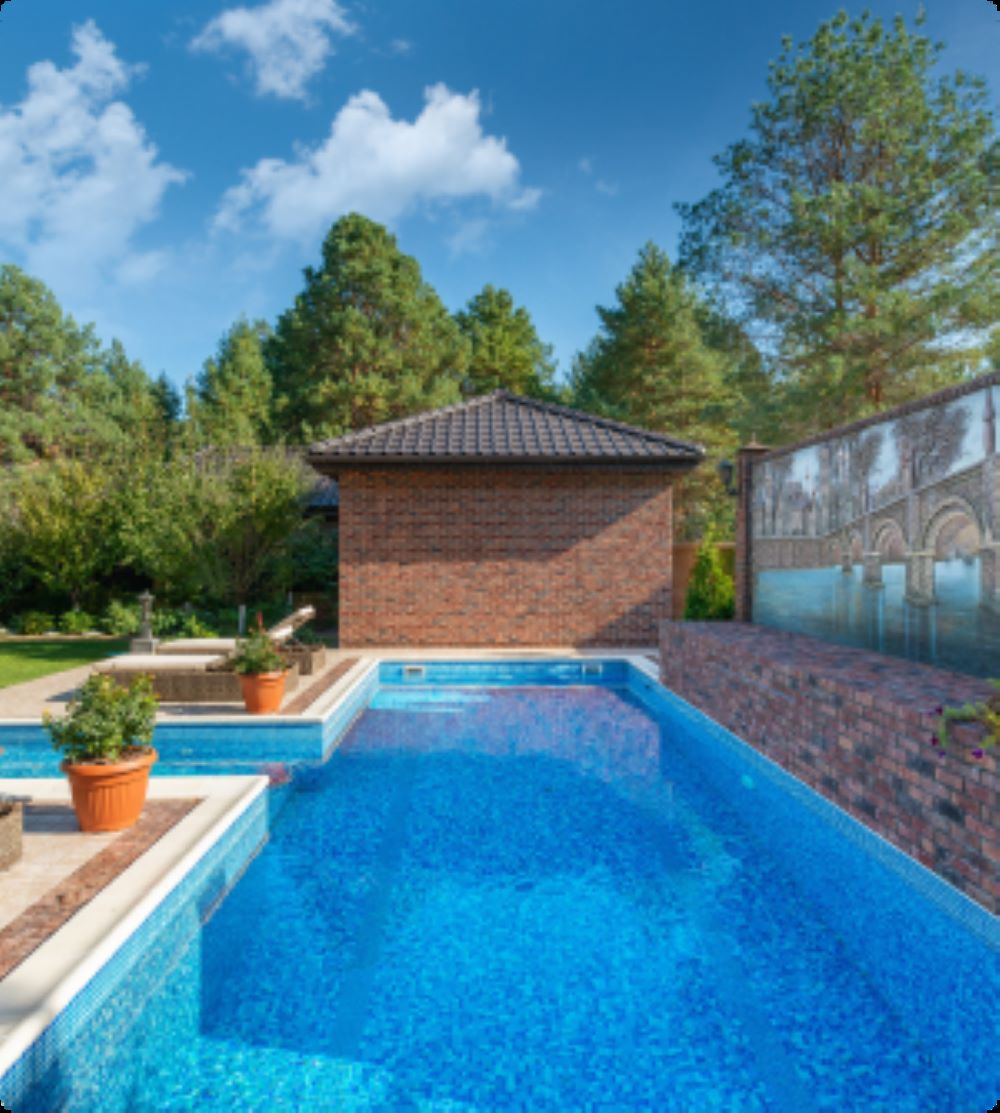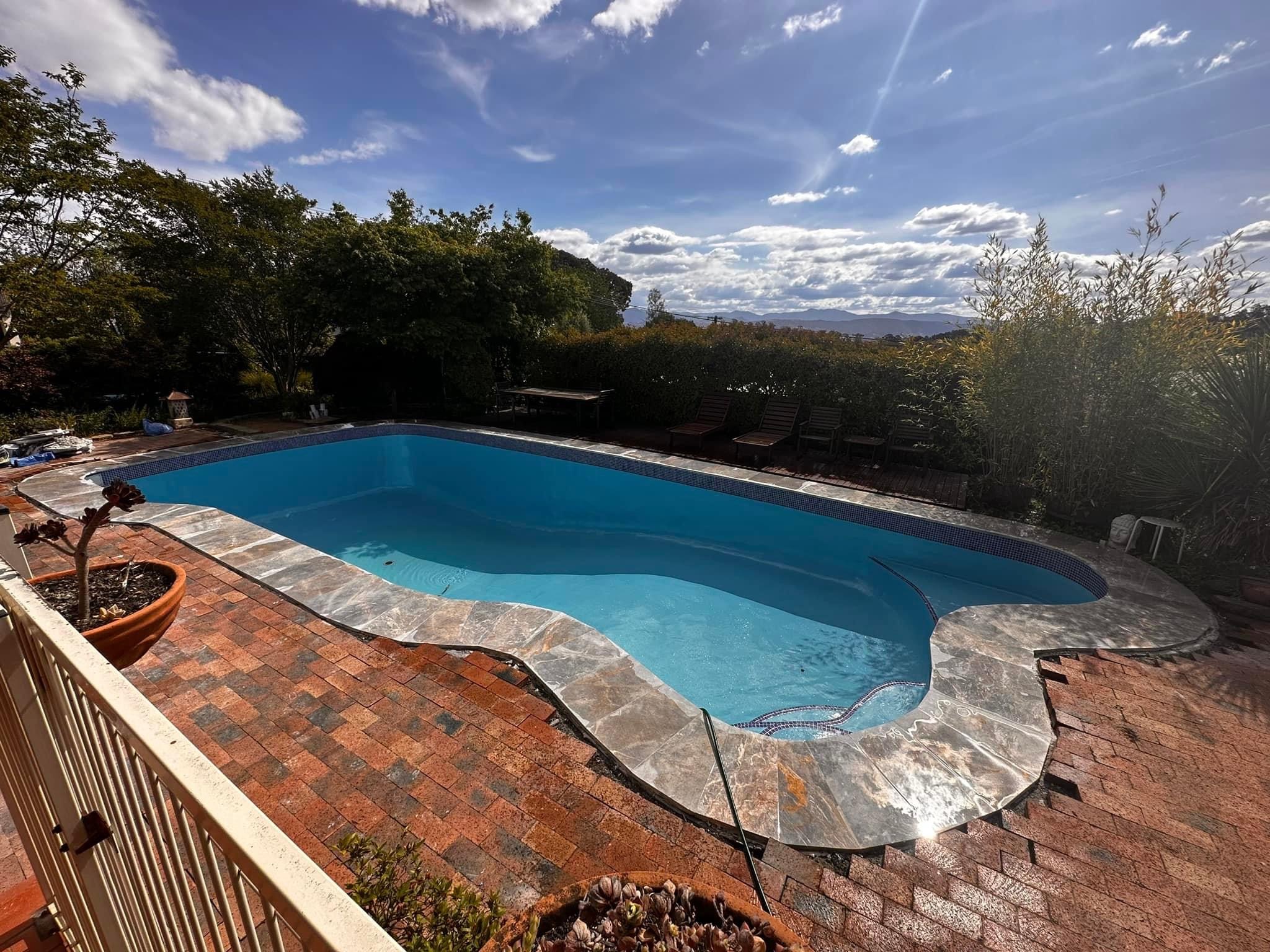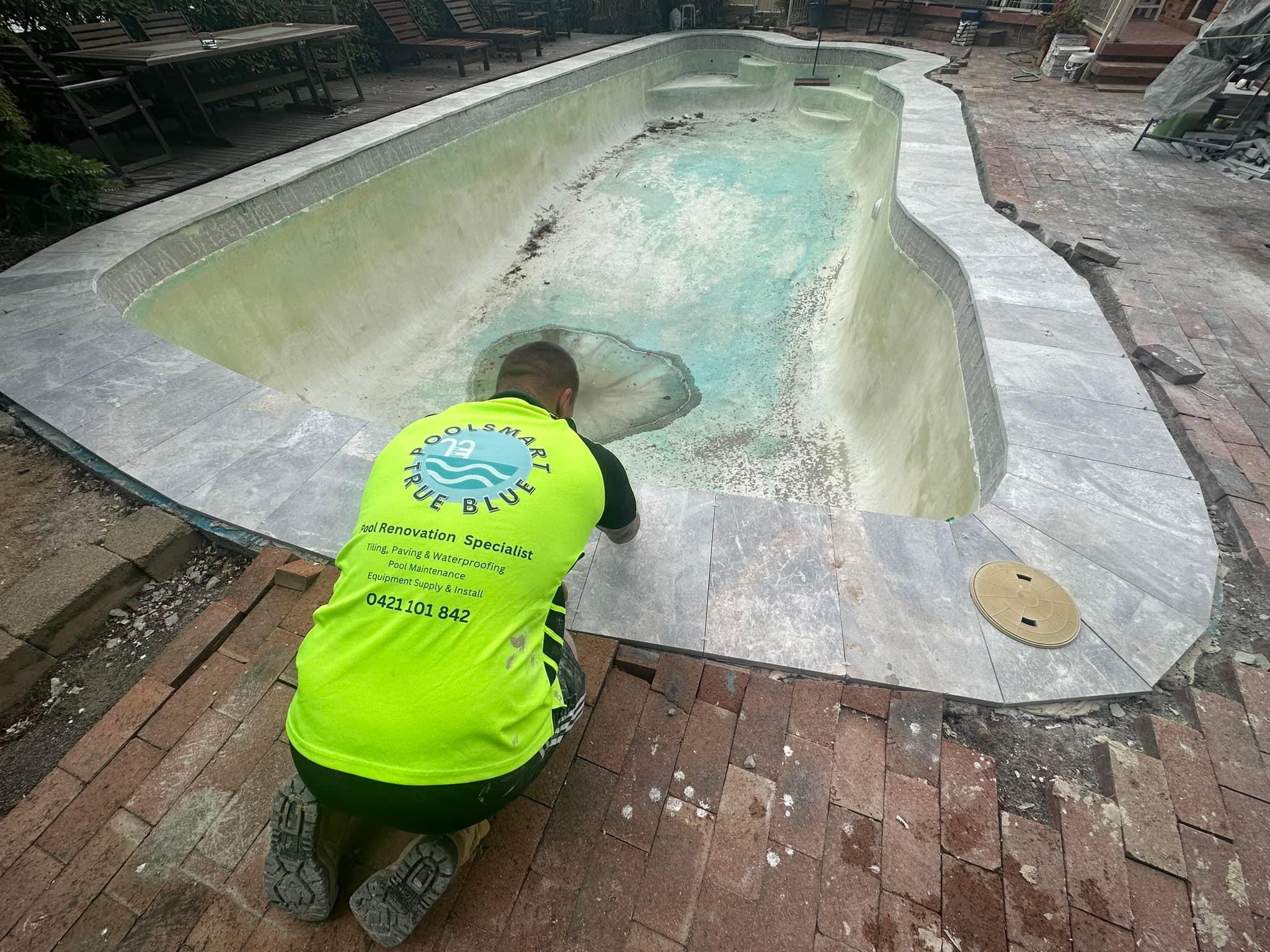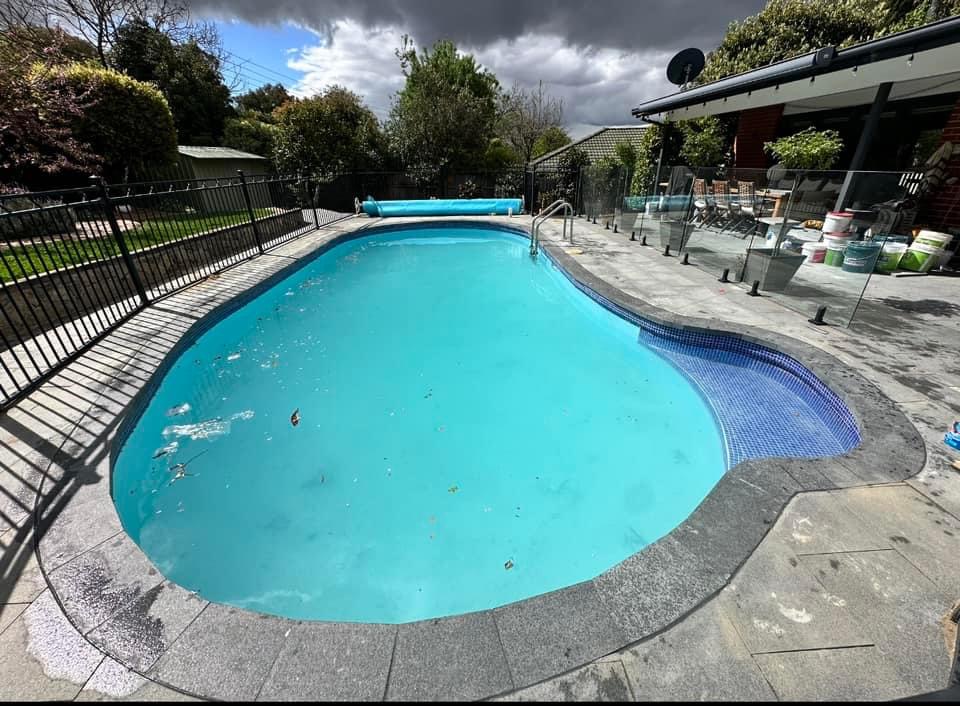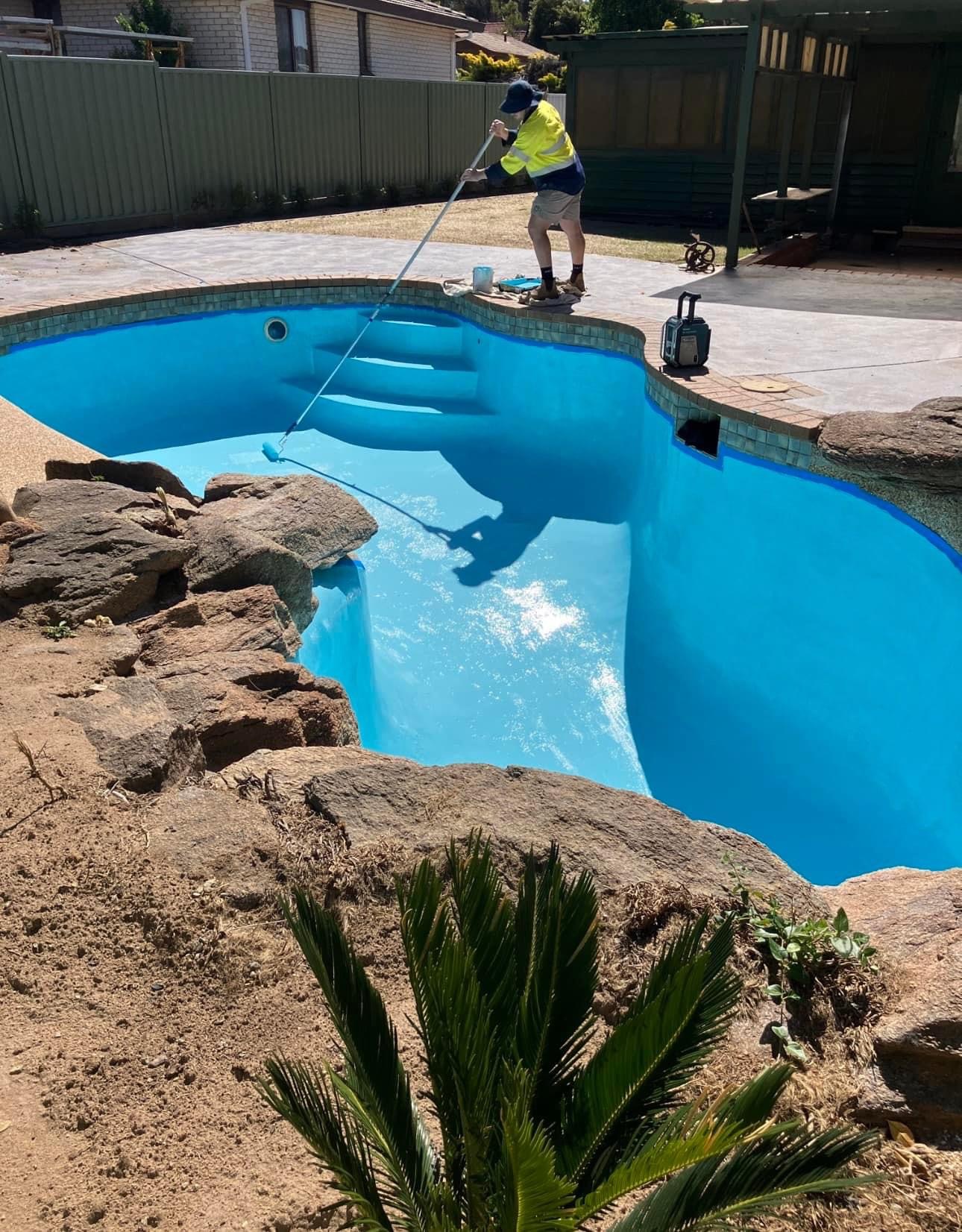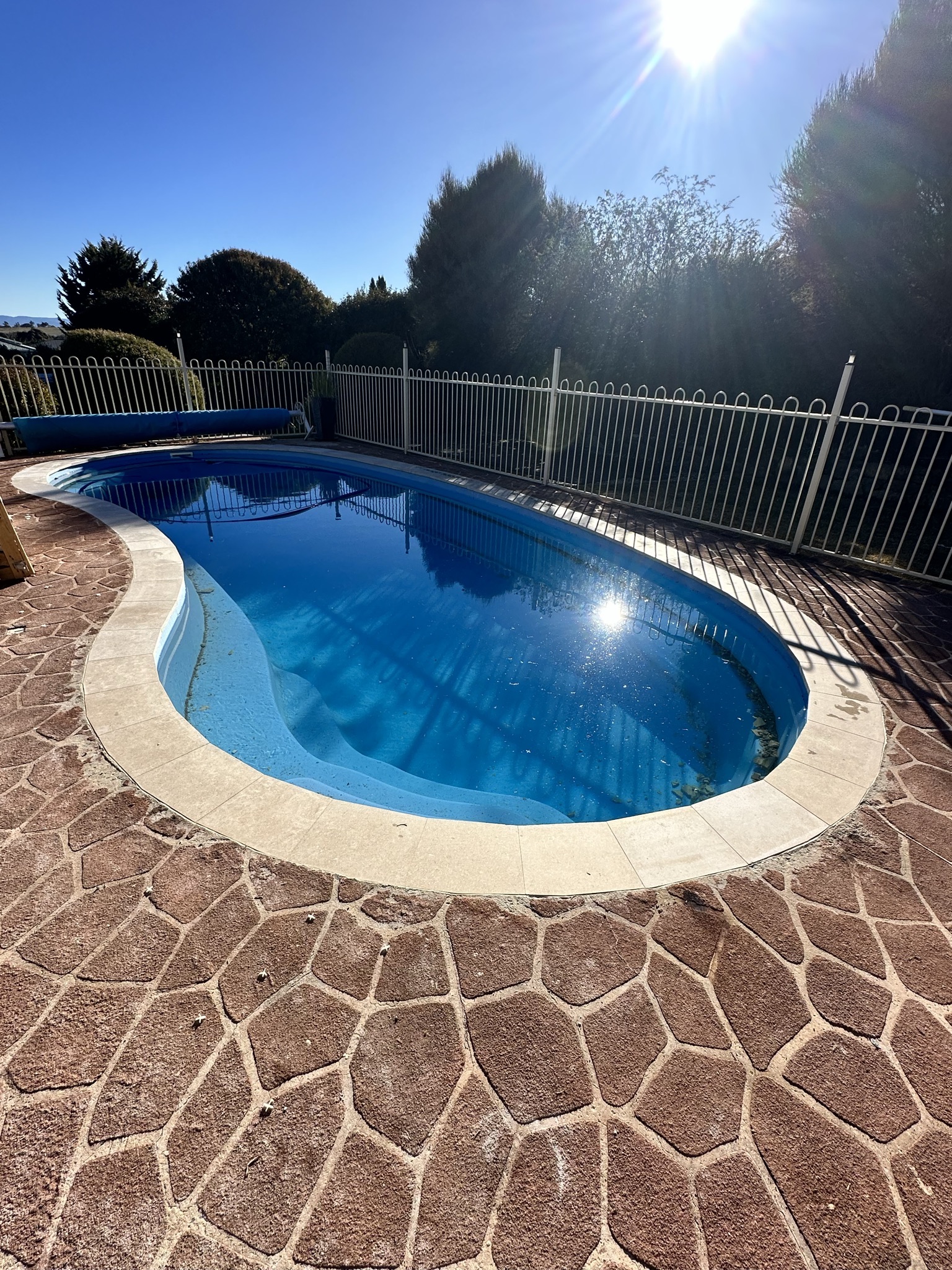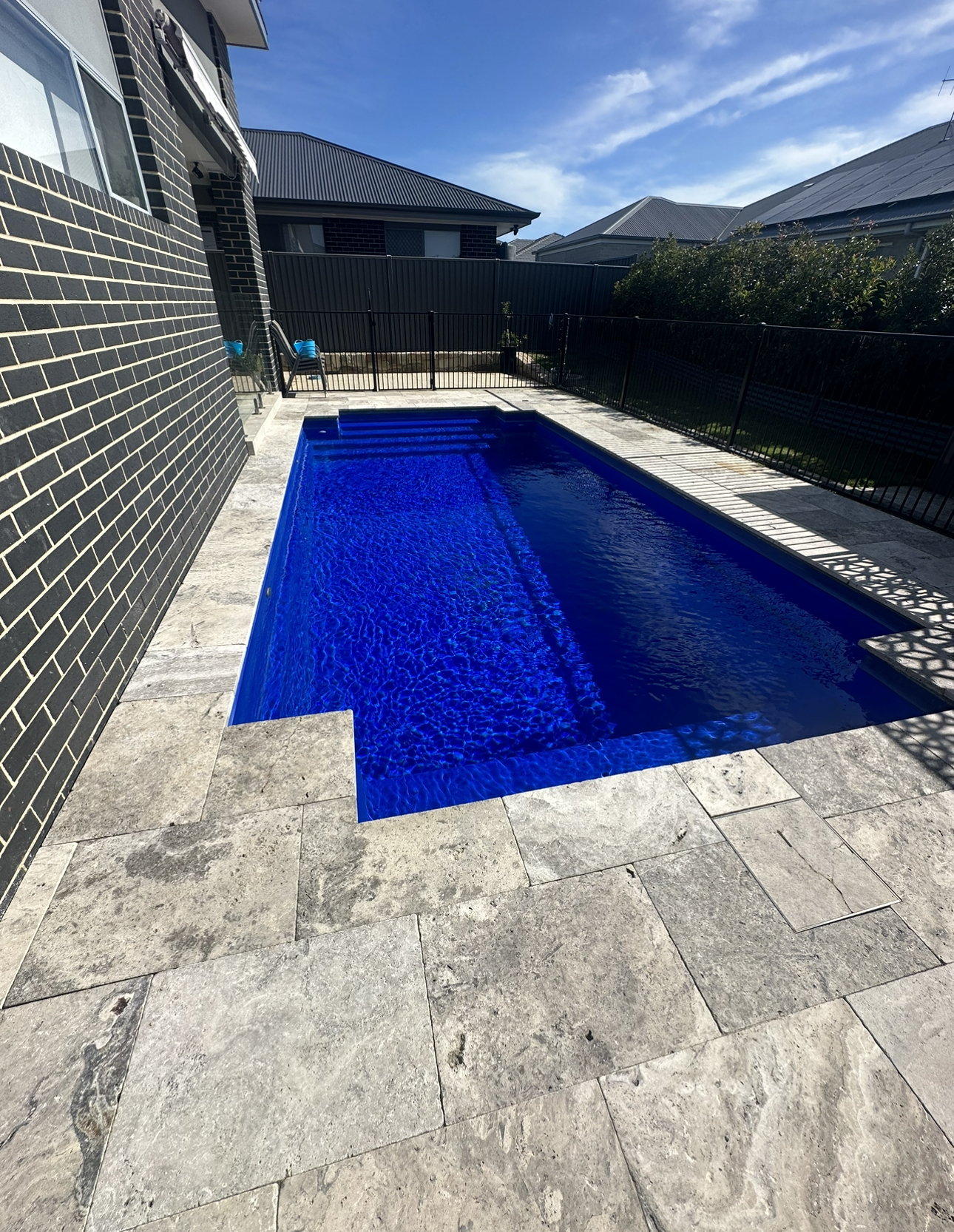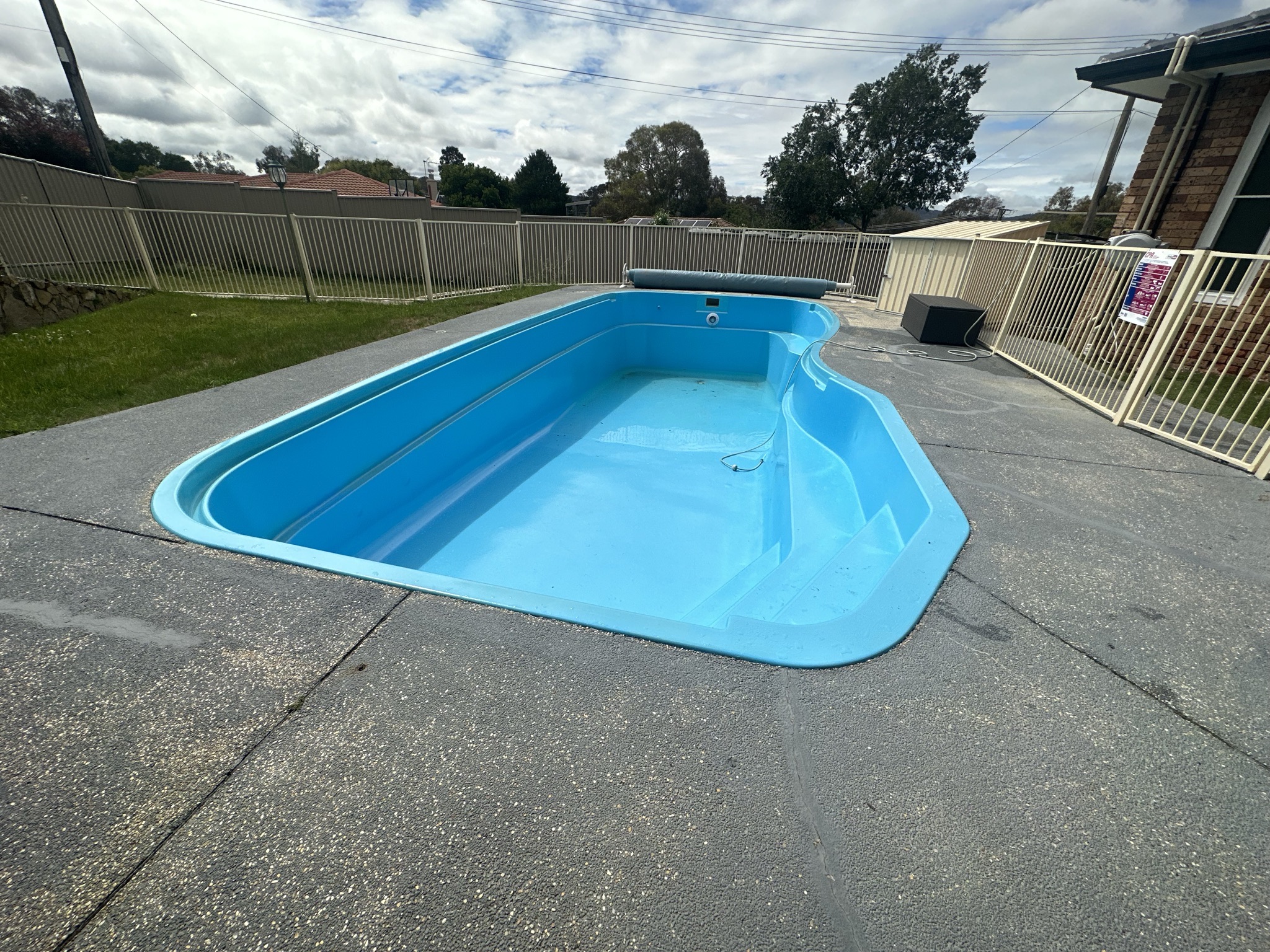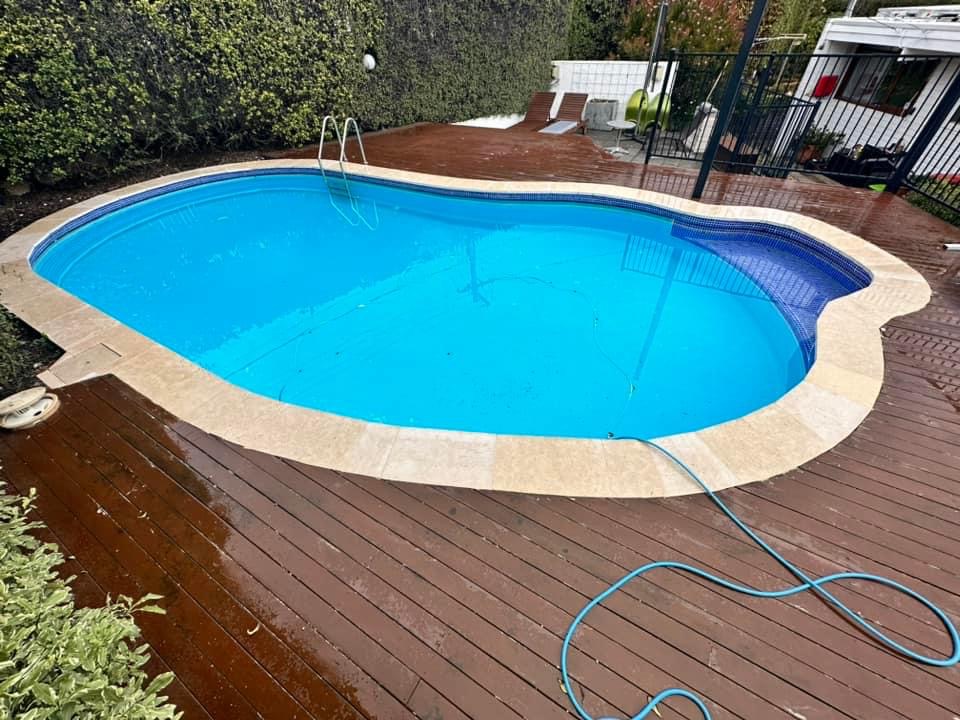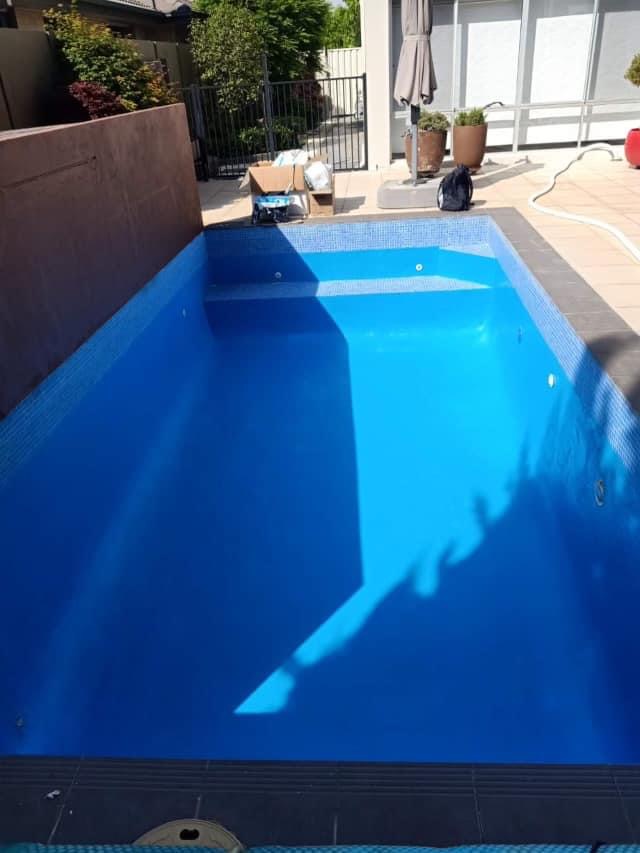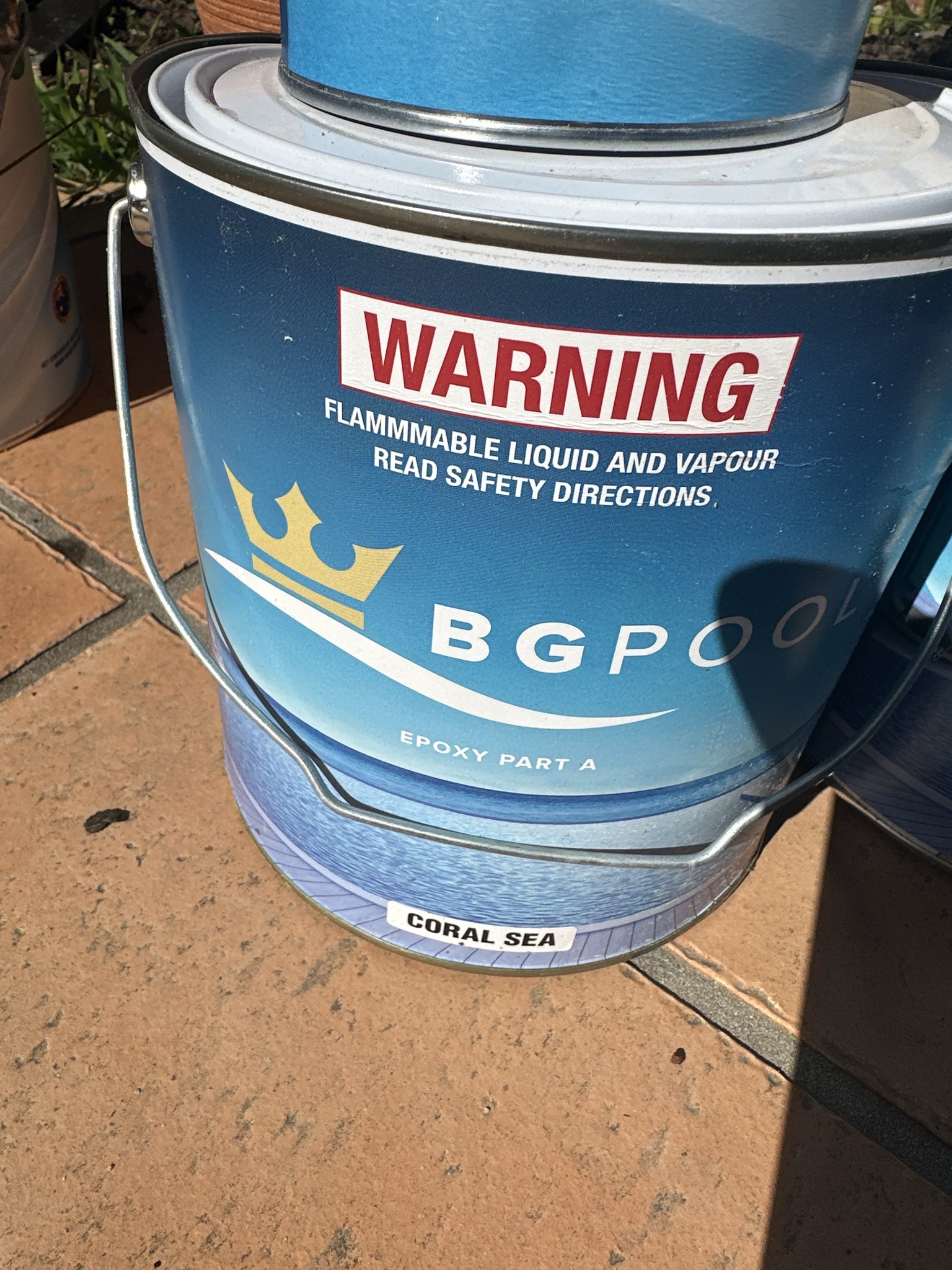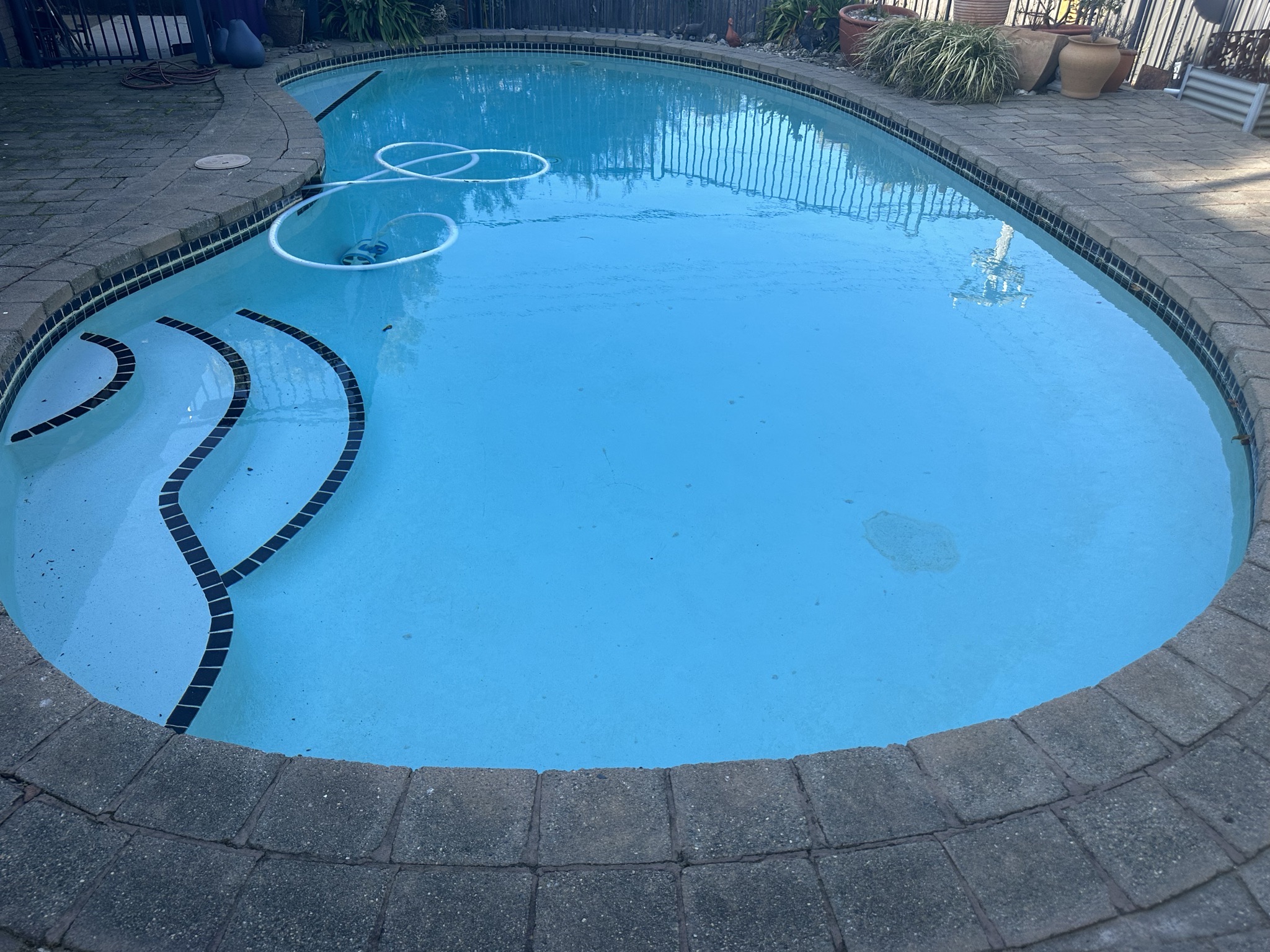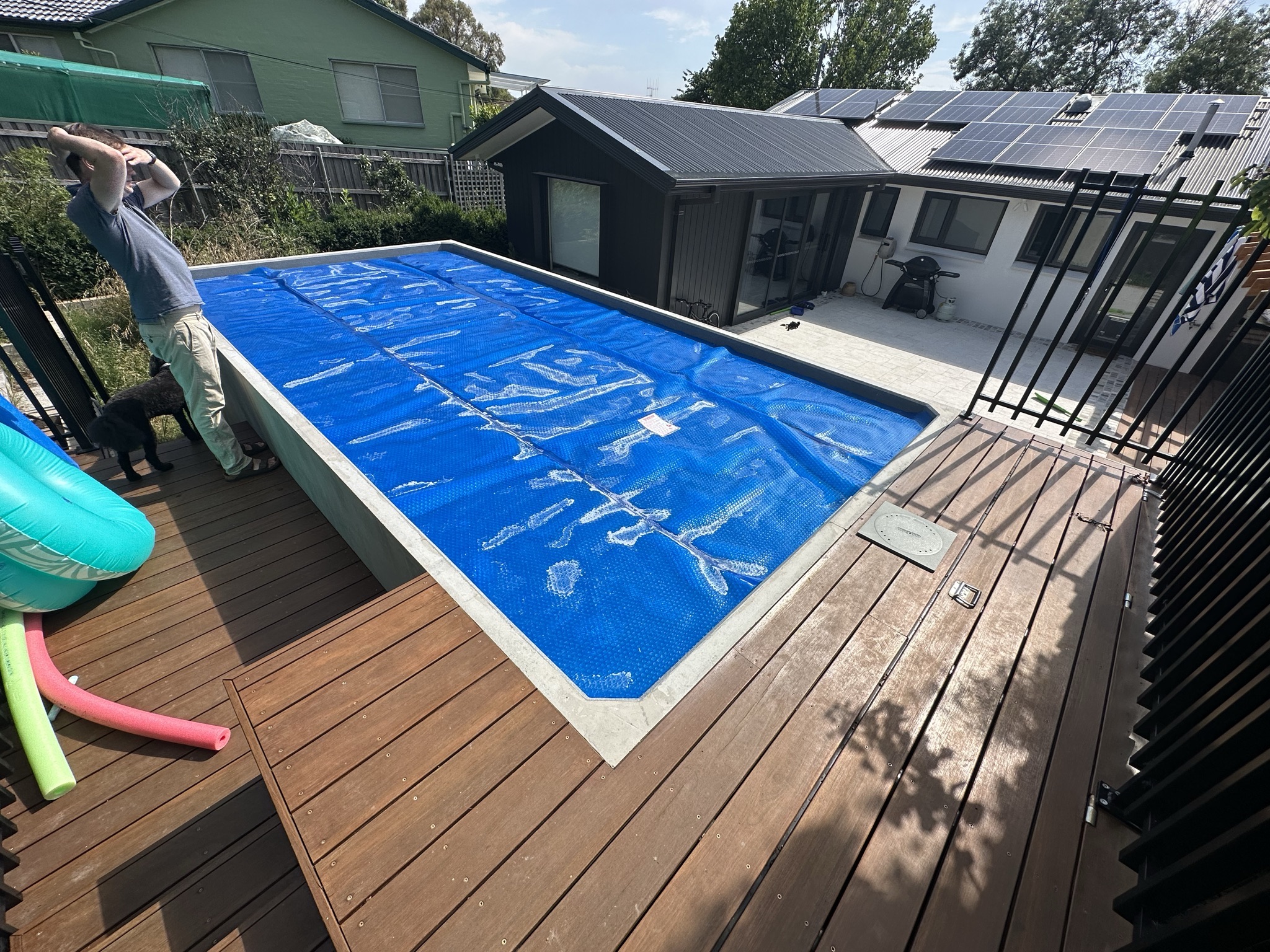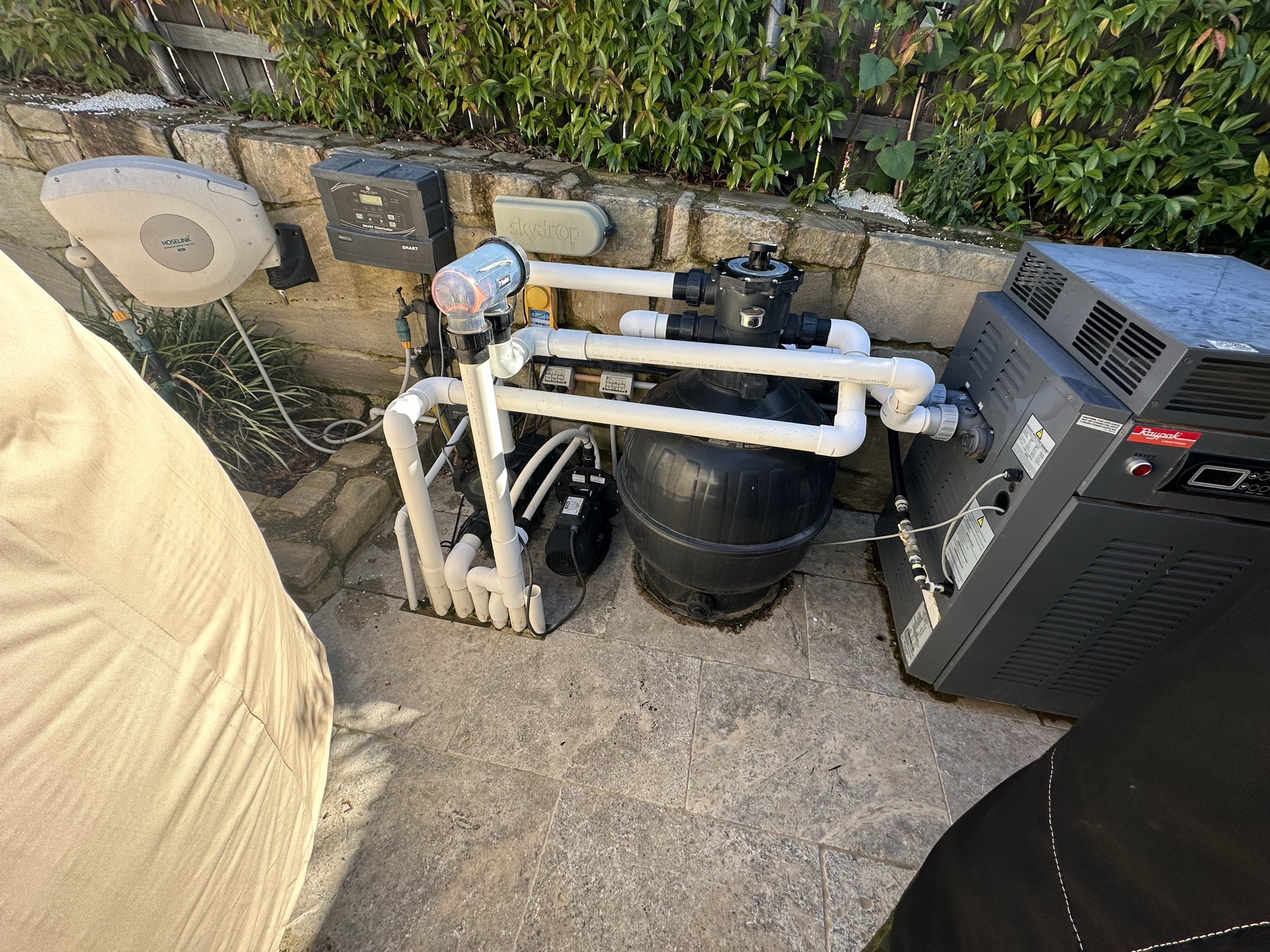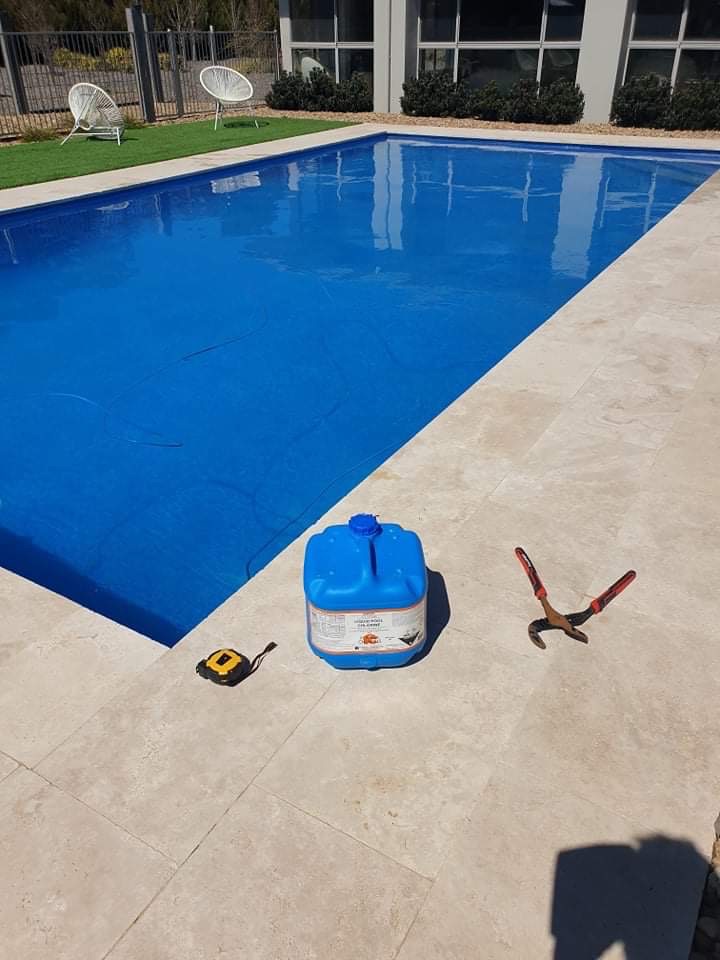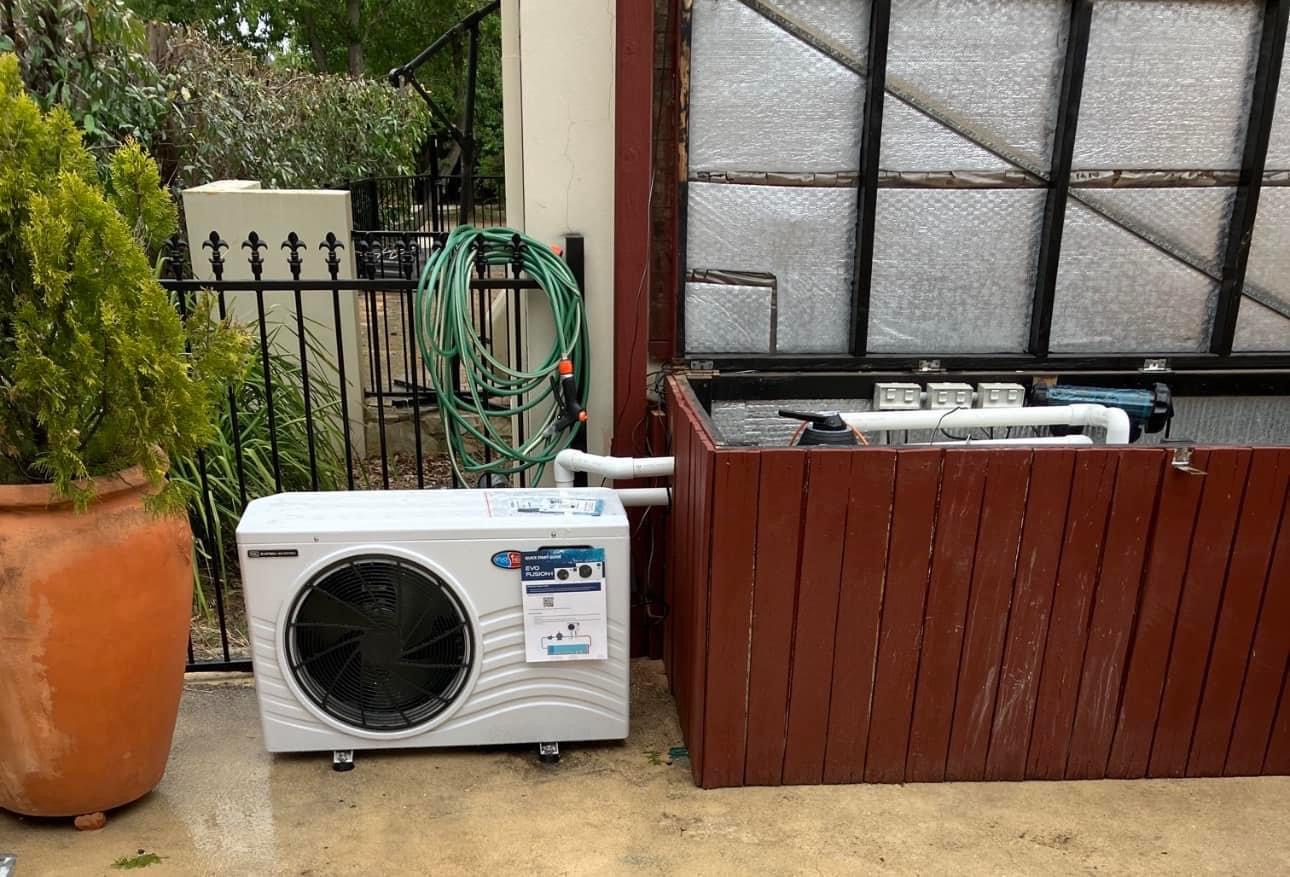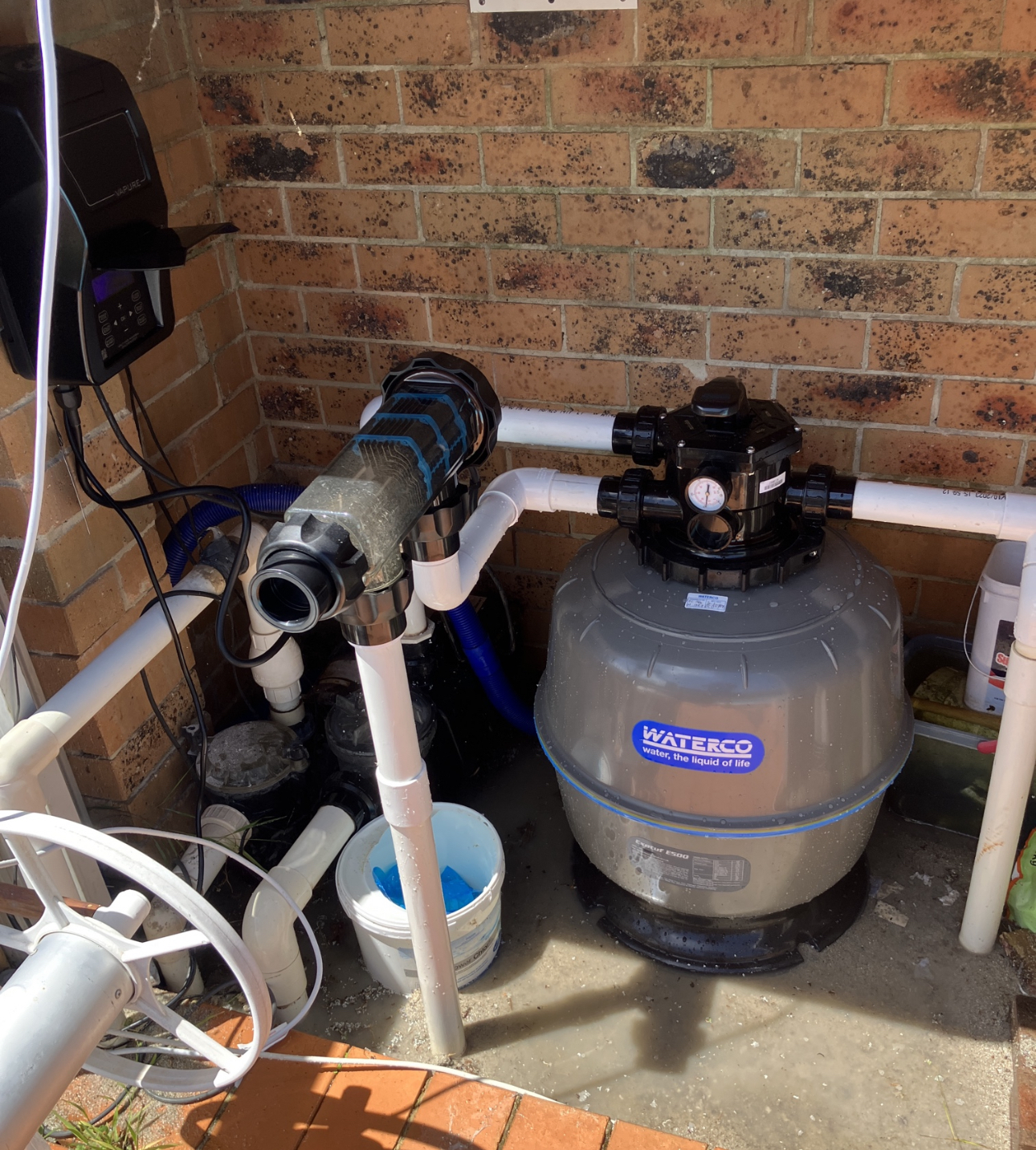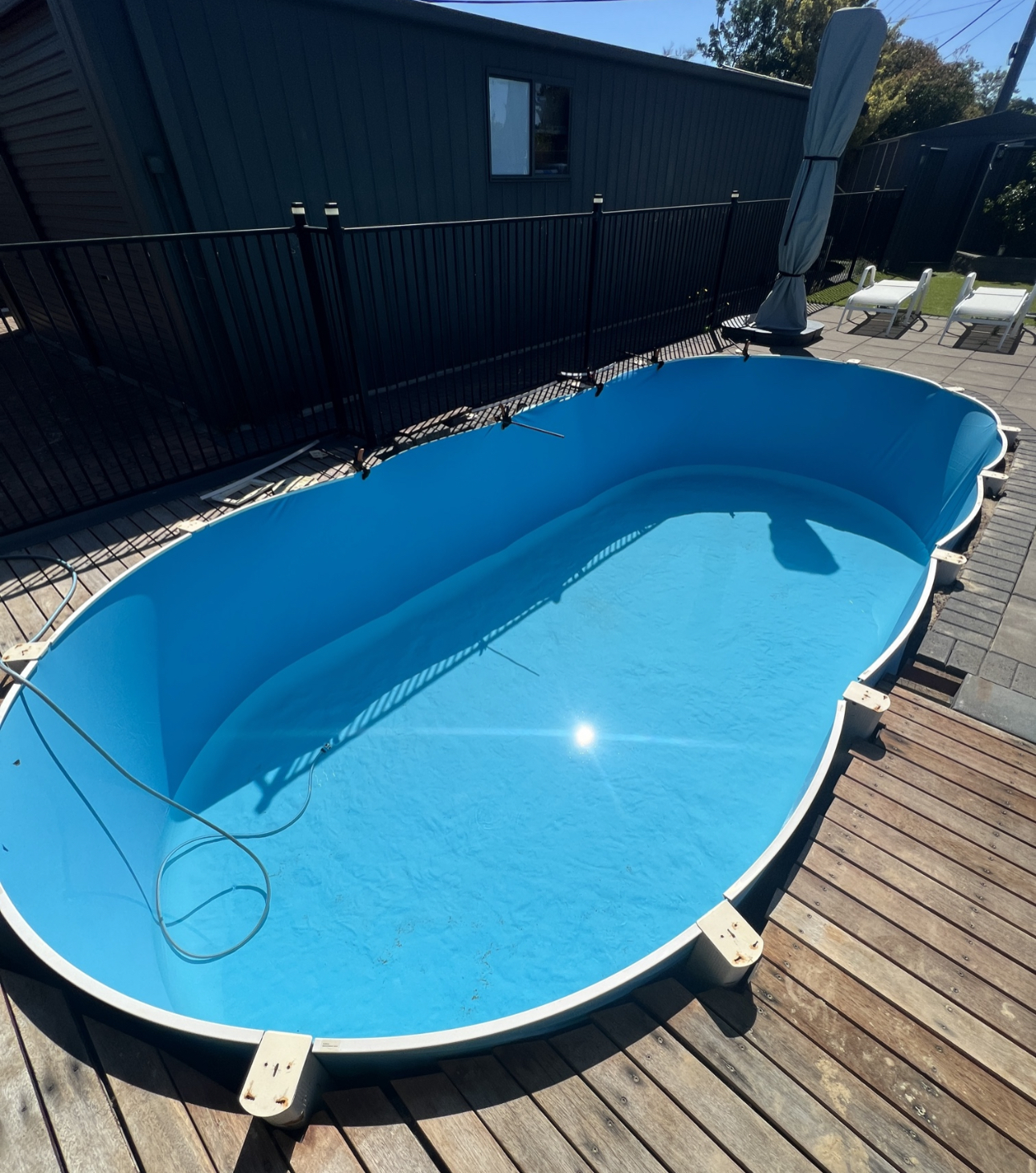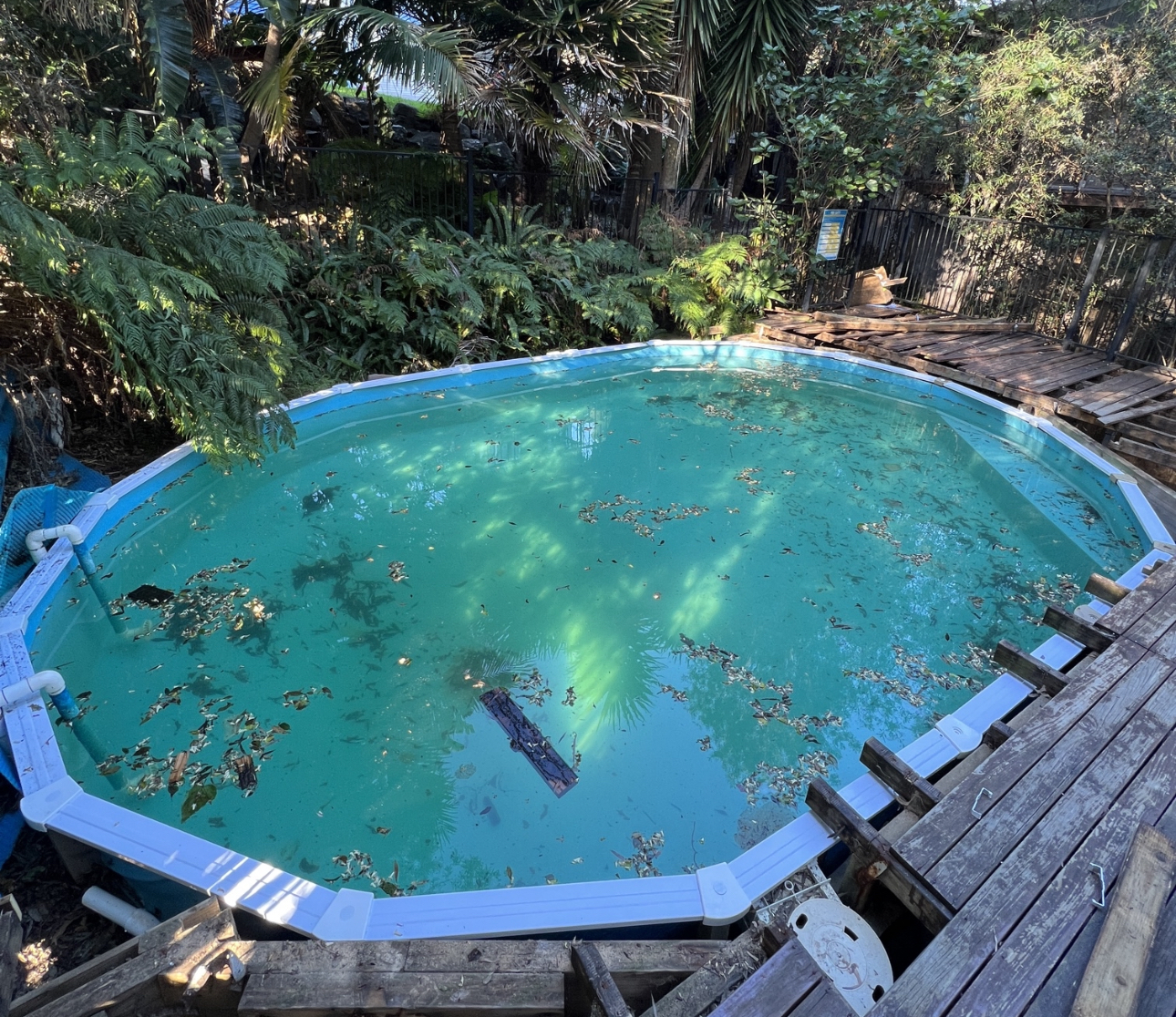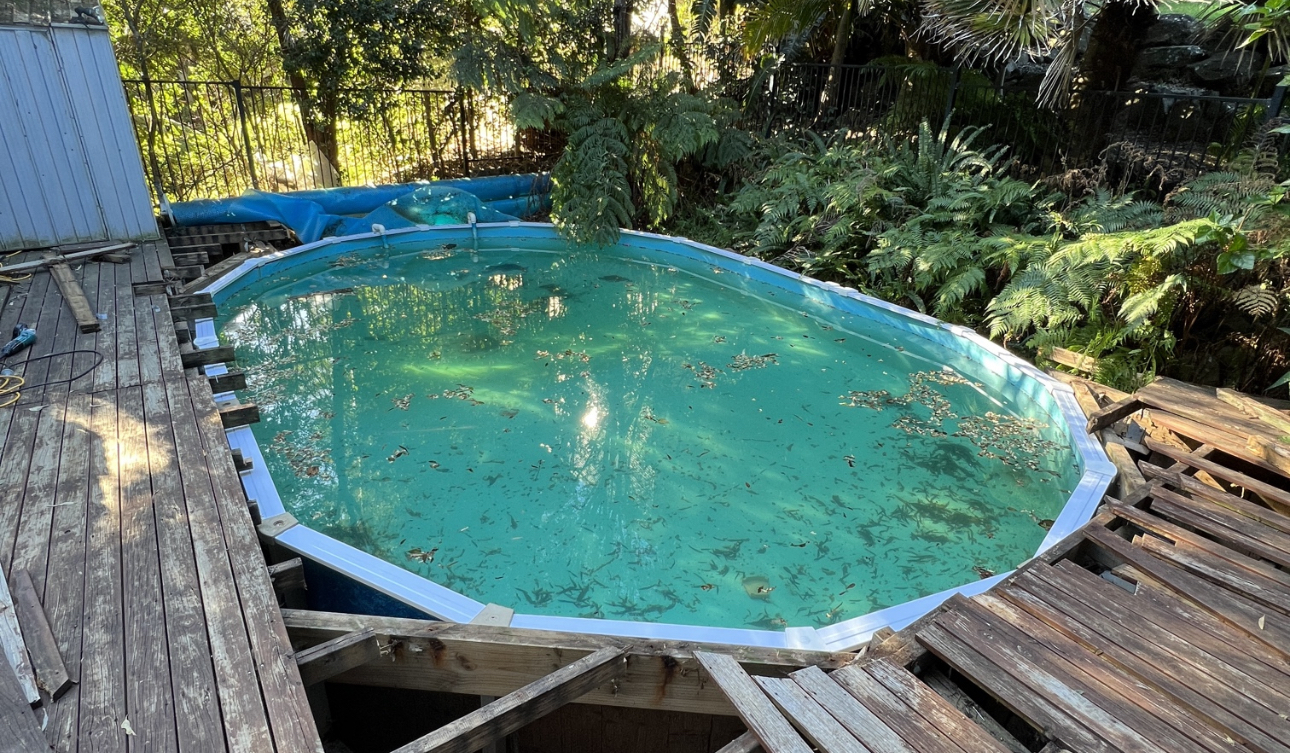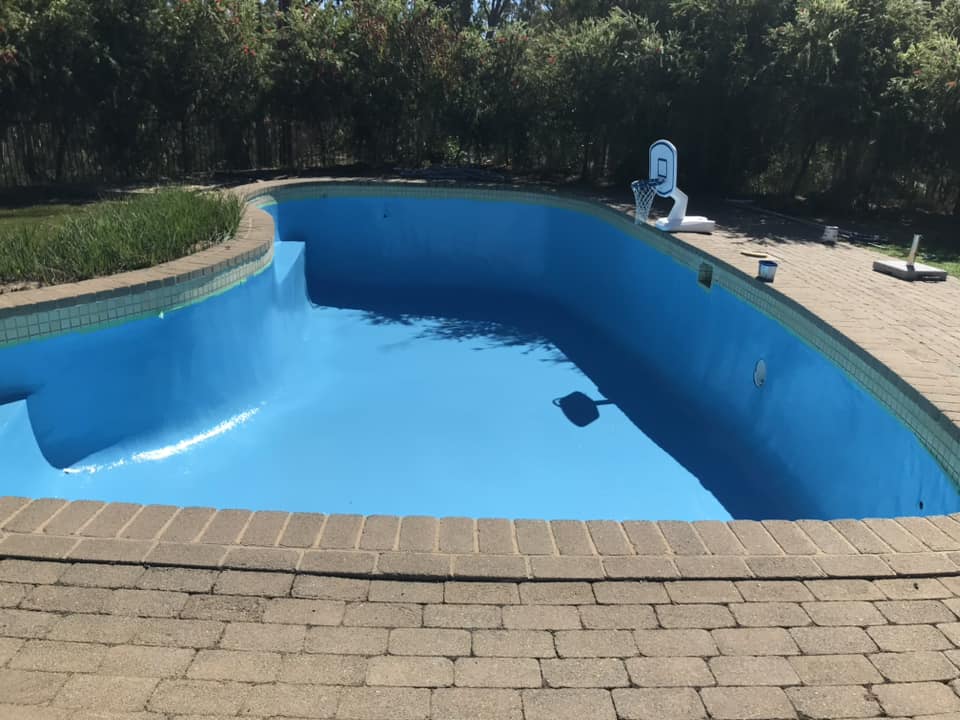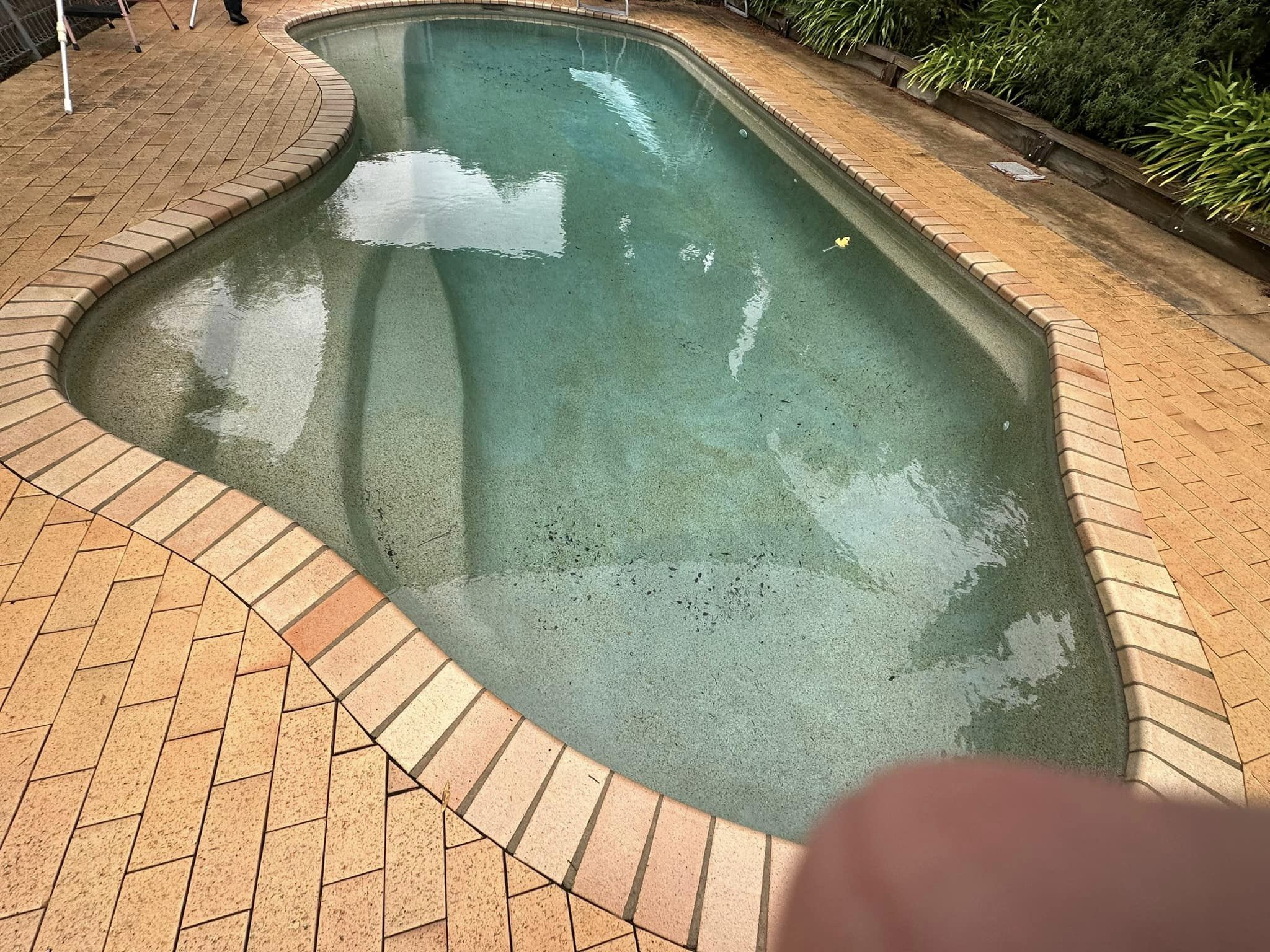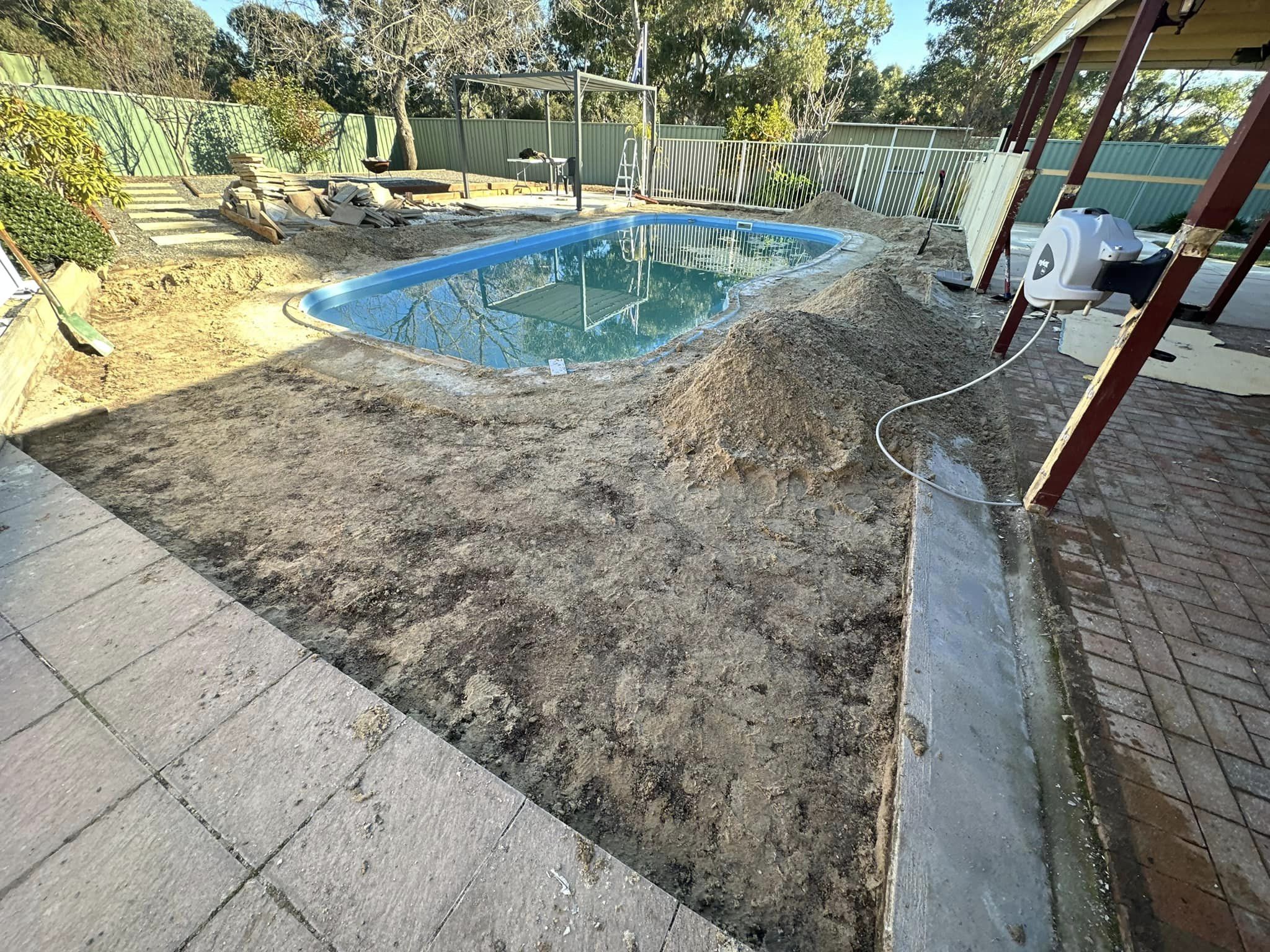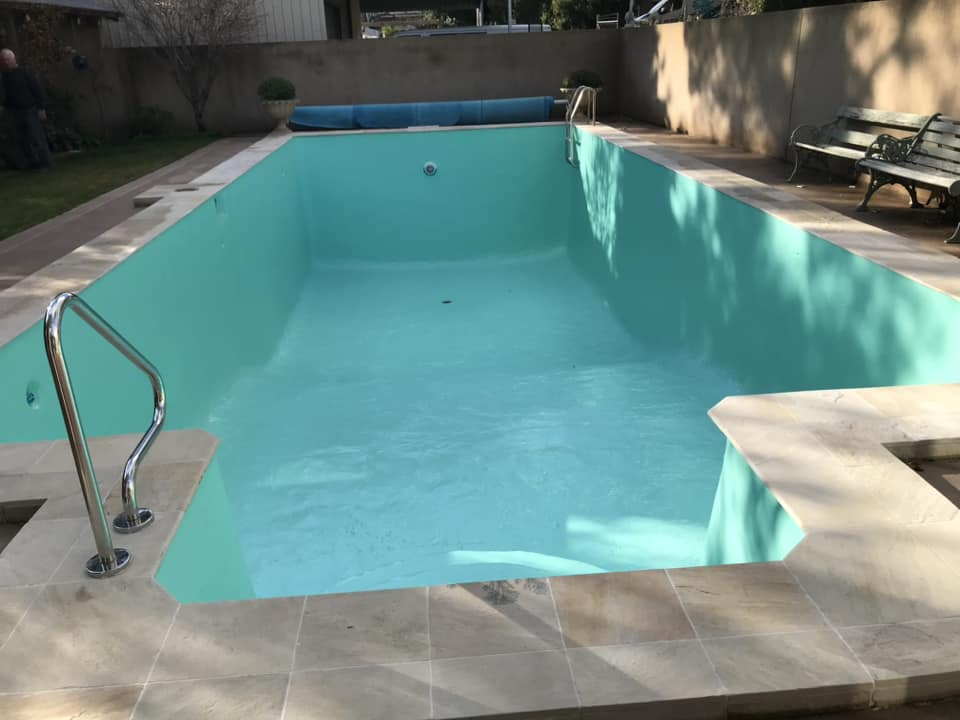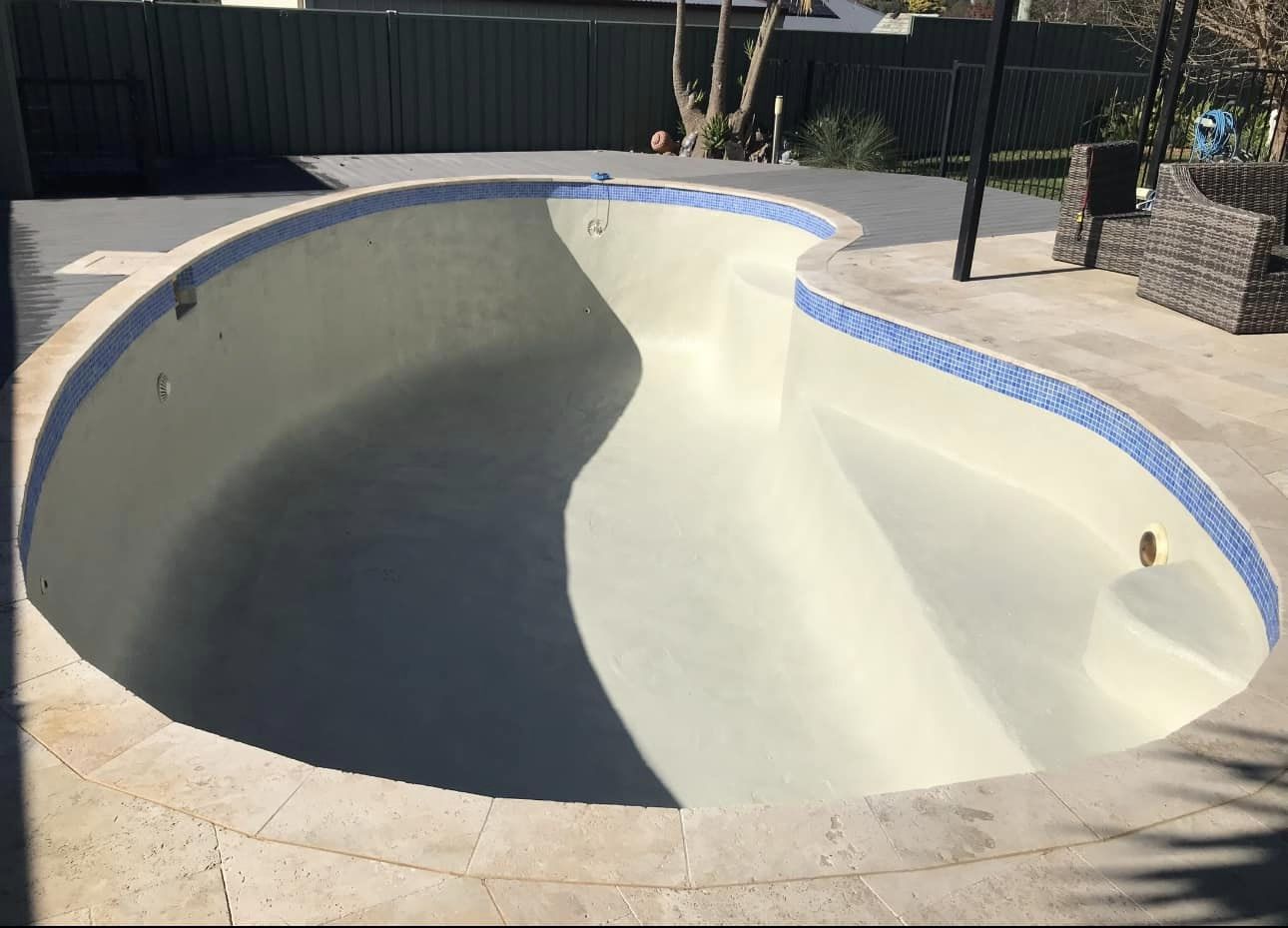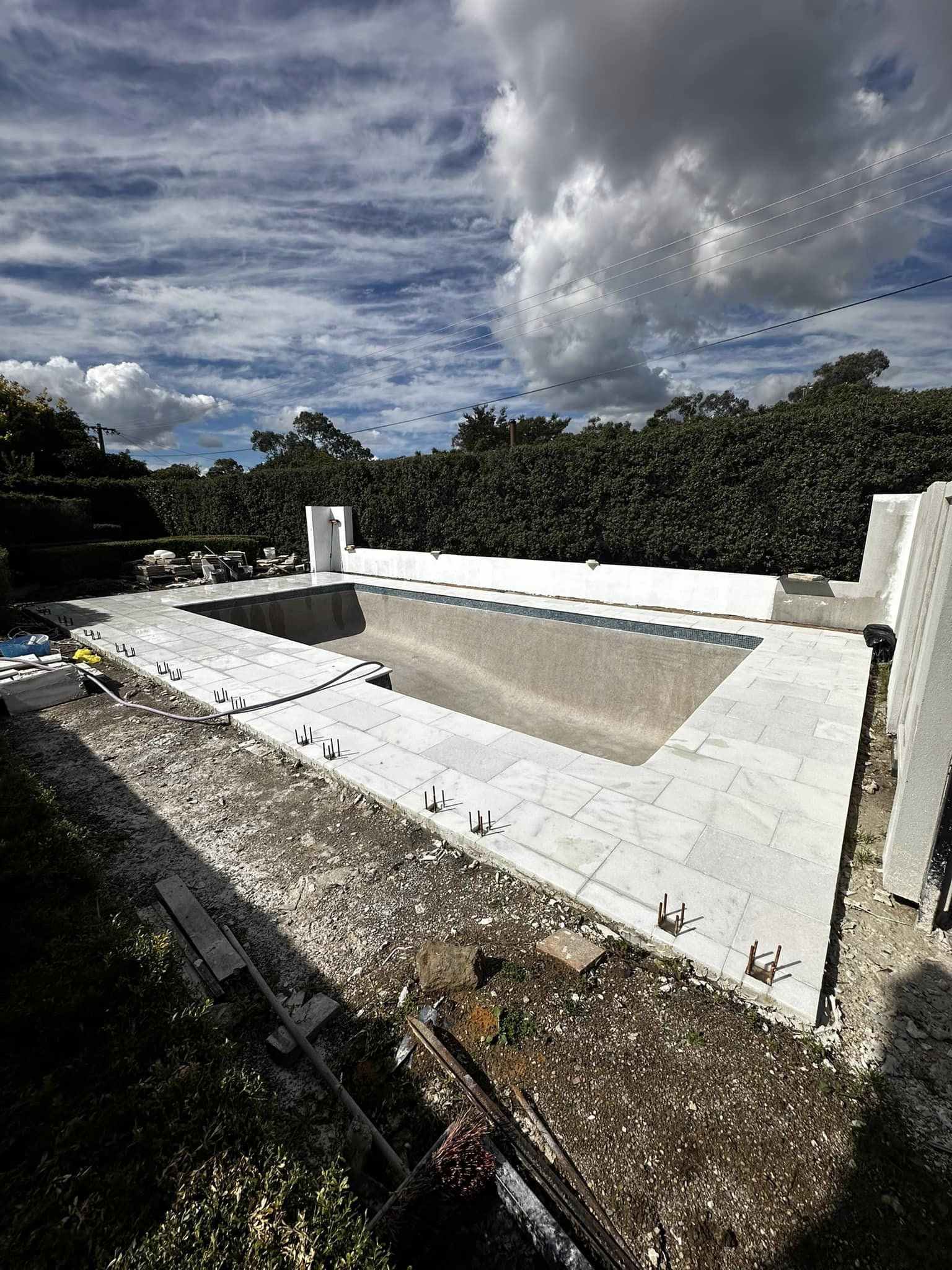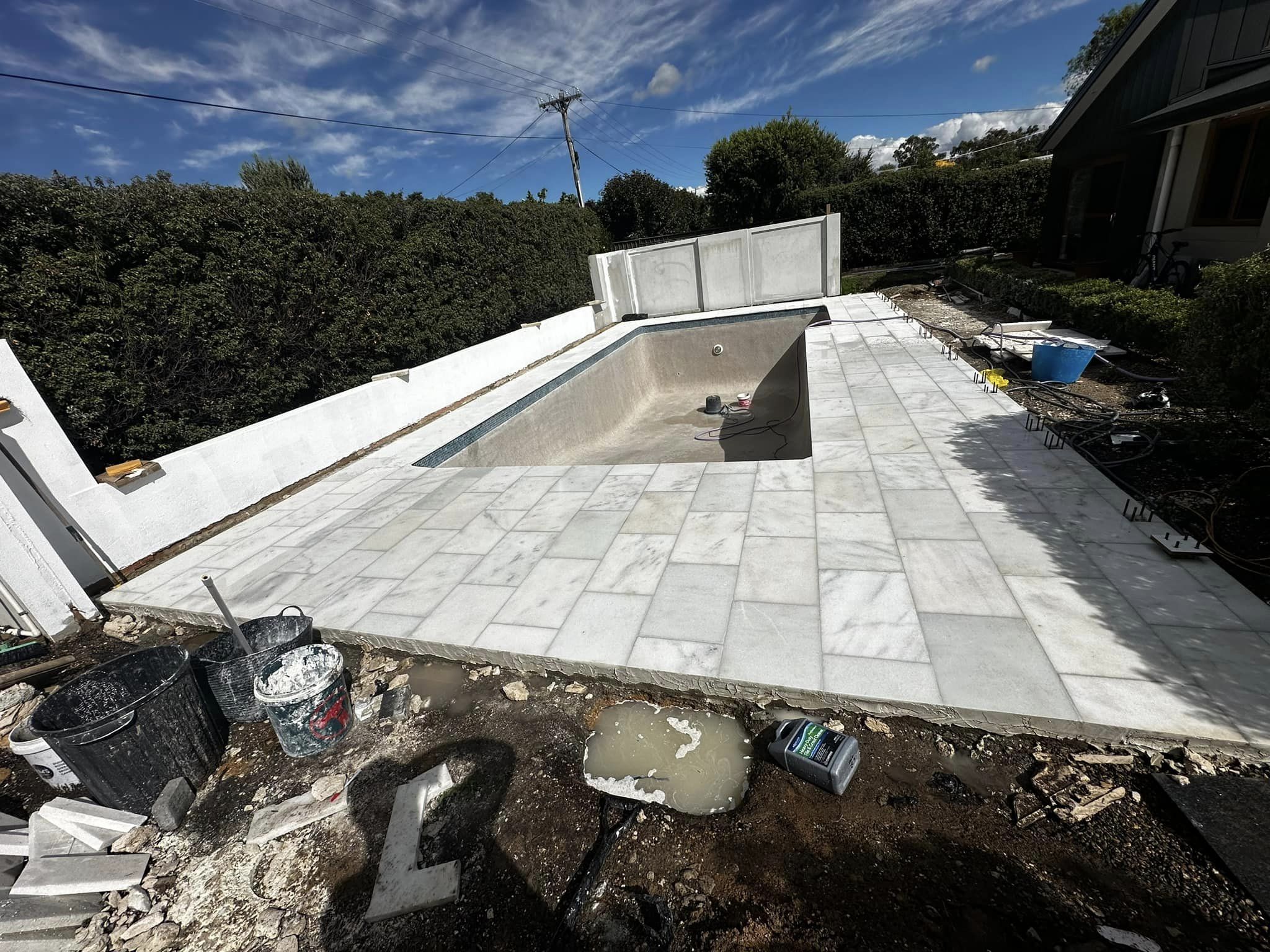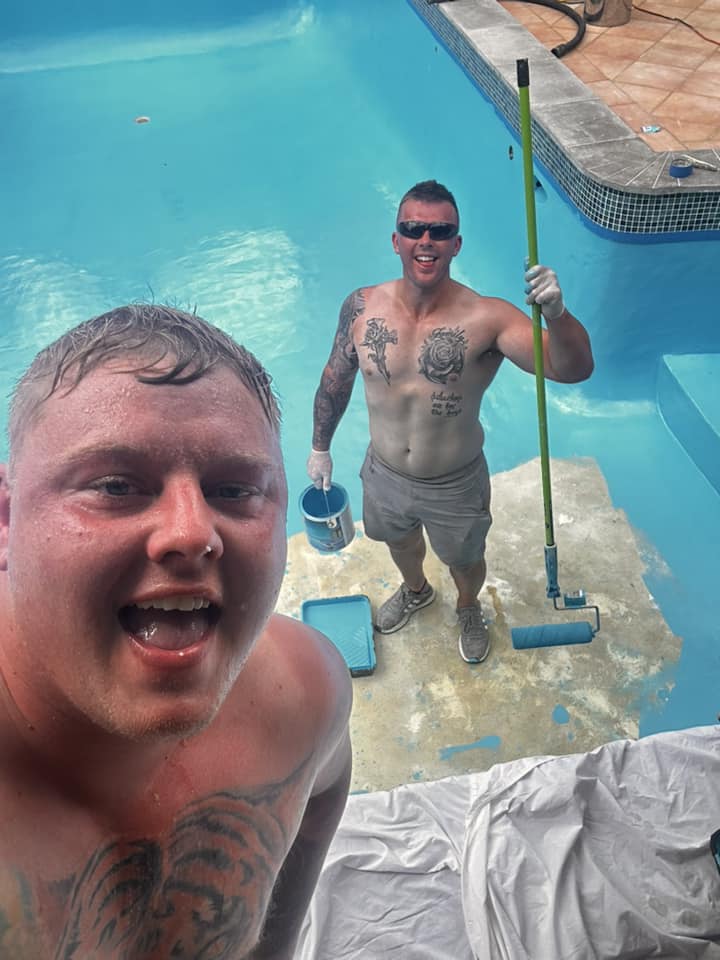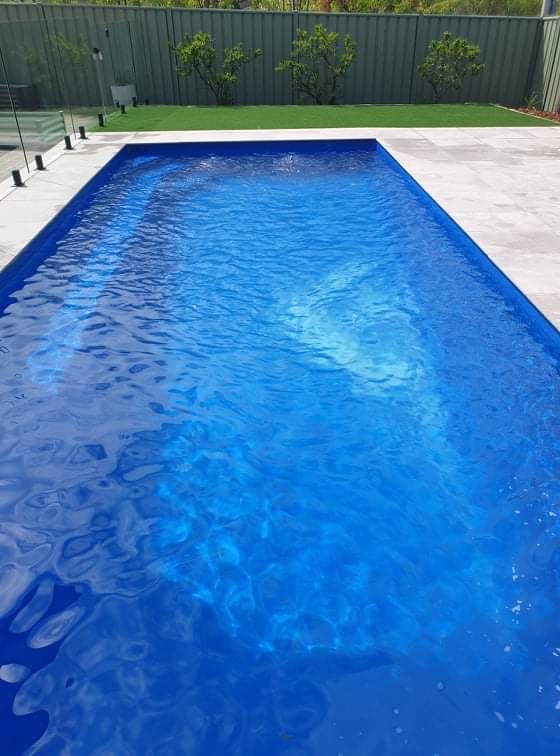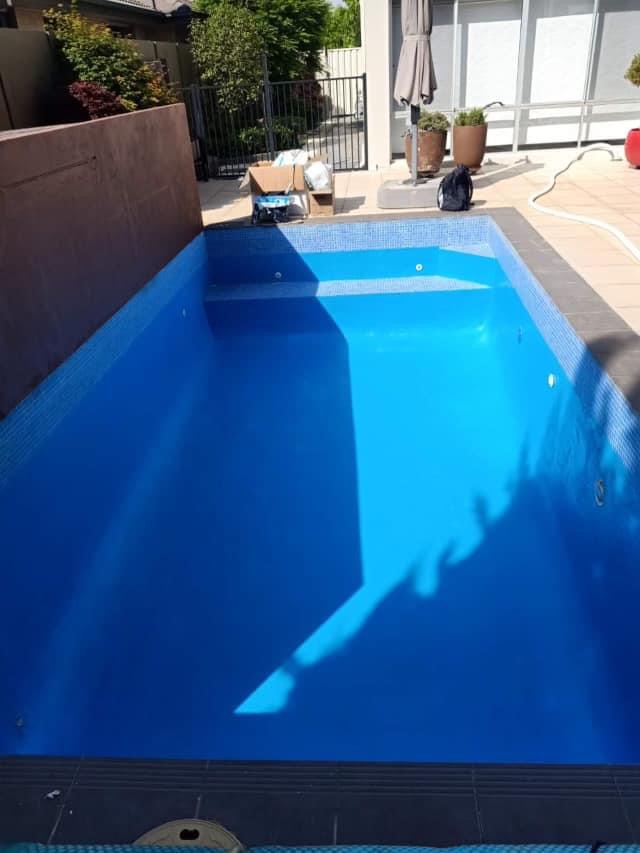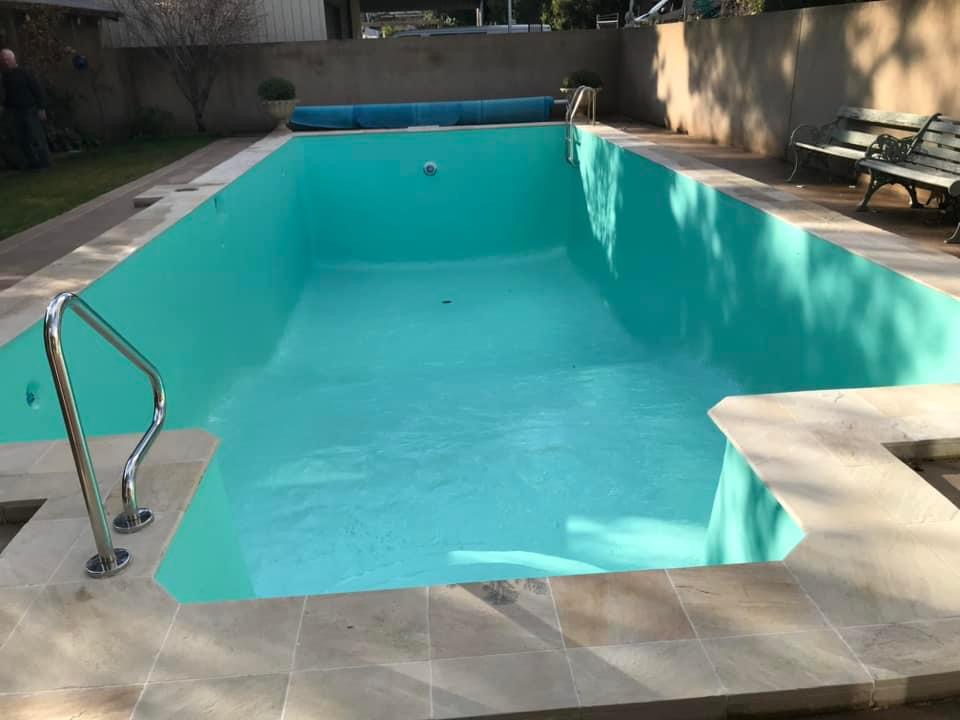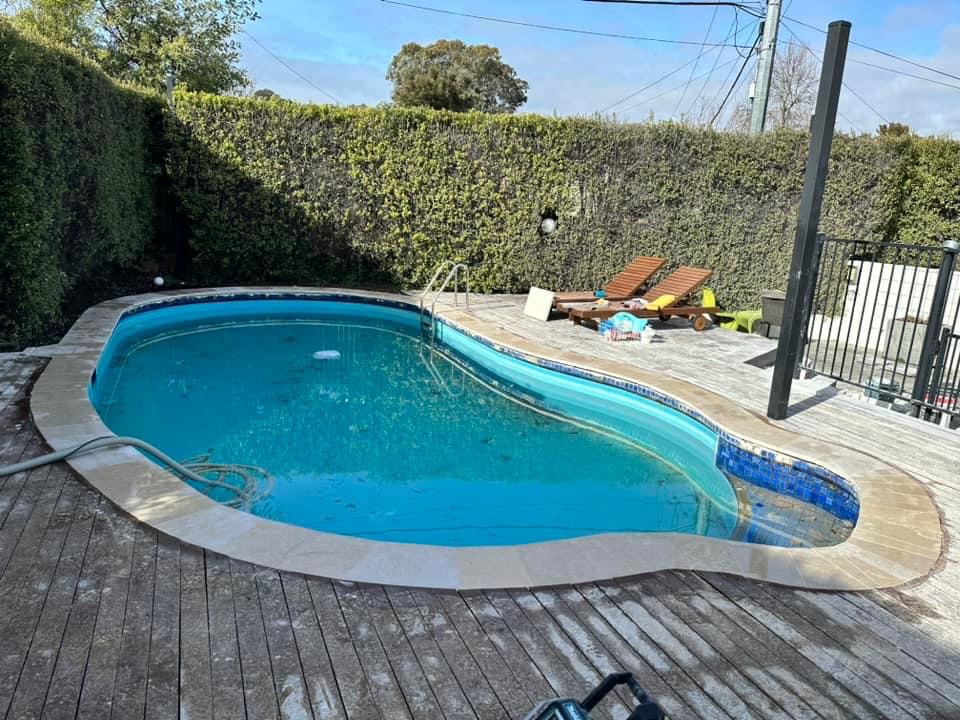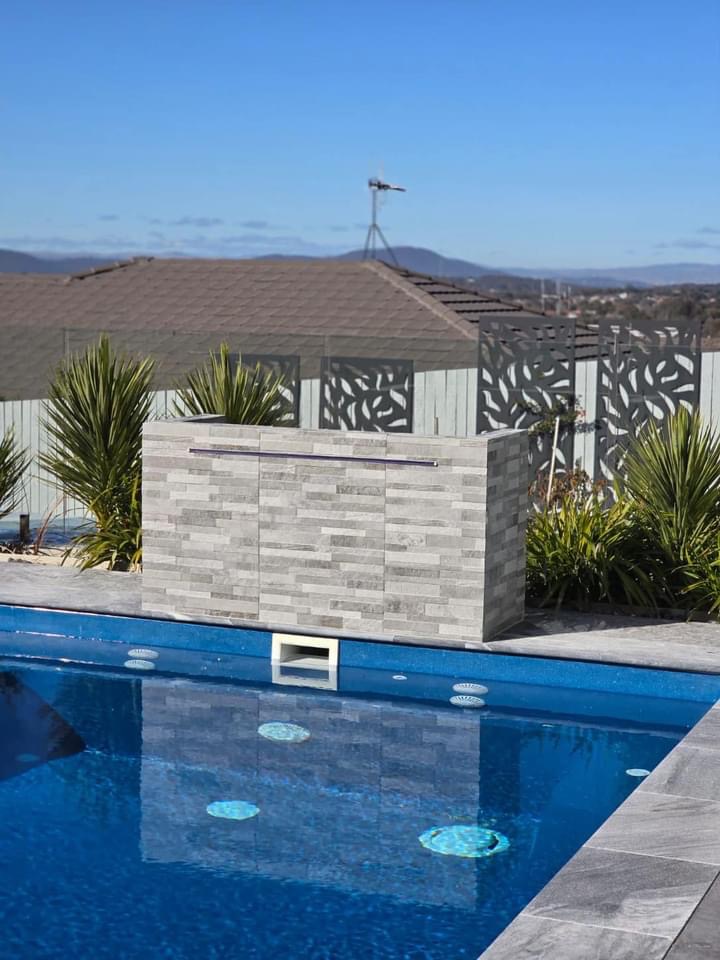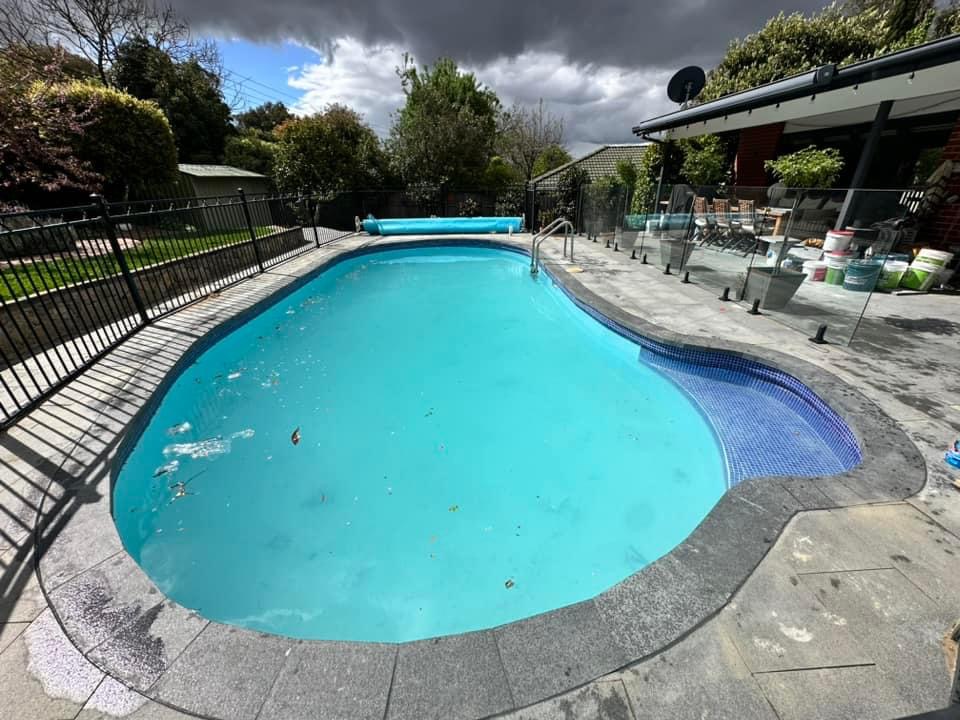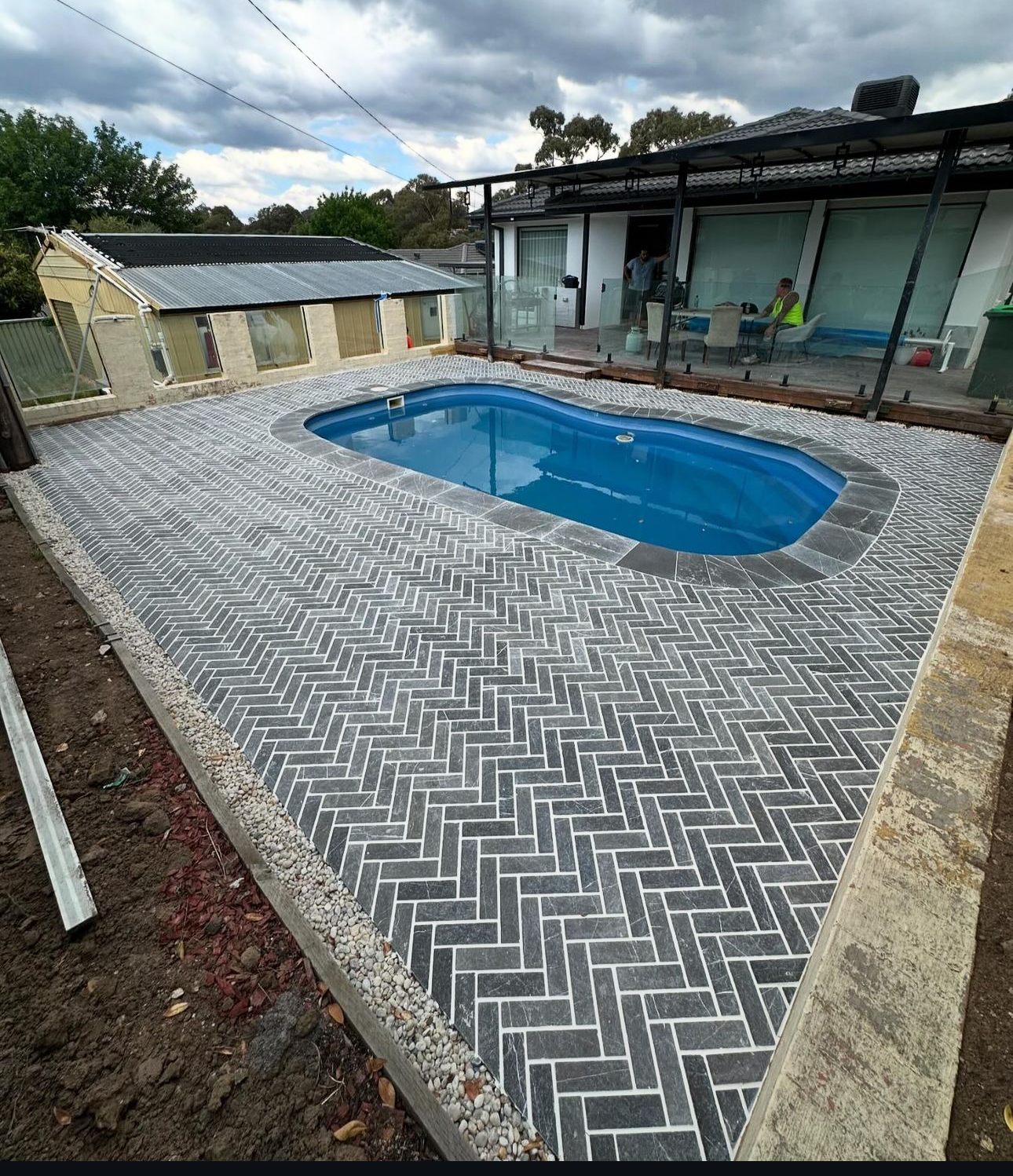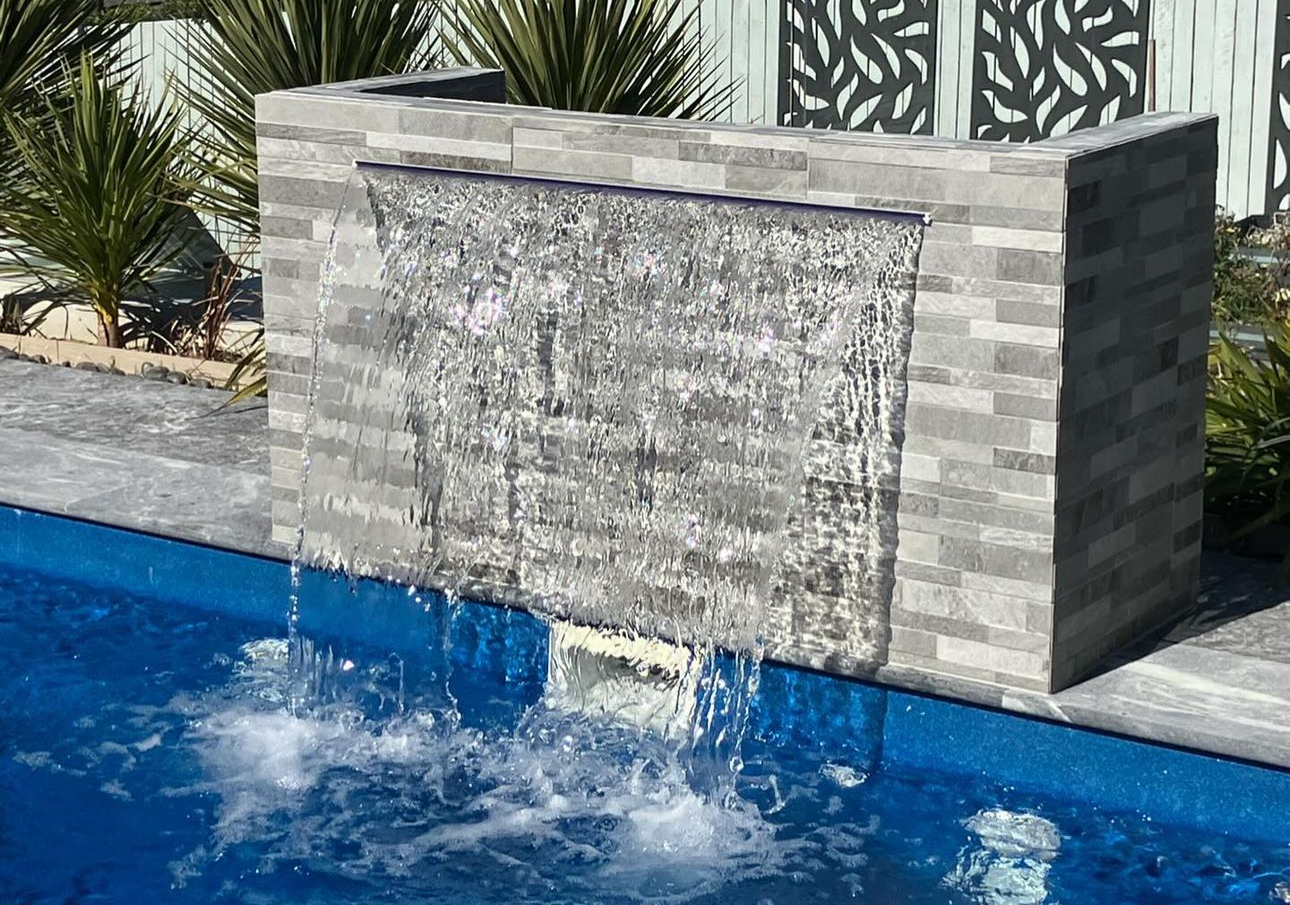We’ve all heard it before: chlorine dries your skin, causes rashes, or burns your eyes. But how much of that is actually true? If you’ve found yourself wondering, Is chlorine harmful to skin, you’re not alone. There’s a fair bit of misinformation out there, and it can be hard to know what to believe.
At Poolsmart True Blue, we deal with pool water every day. Our team looks after hundreds of pools across Canberra and NSW, so we’ve seen firsthand how chlorine works, what it does to water, and how it affects swimmers.
Let’s take a look at the myths and facts of pool chlorine so you can swim with confidence.
Myth 1: Chlorine Is Dangerous for Your Skin
This one gets thrown around a lot, but it’s not quite right. Chlorine in safe amounts isn’t dangerous. In fact, it’s used to protect you. When used correctly, chlorine kills bacteria, viruses, and algae in the water. It’s one of the main reasons pool water stays clean and safe to swim in.
If chlorine levels are too high, it can irritate the skin, especially for people with sensitivities, eczema, or open cuts. But standard residential pools that are regularly tested and balanced don’t carry those risks.
The real problem usually comes down to poor water balance. Pools that aren’t serviced properly may have chlorine that’s either too high or not doing its job because the pH is out of range. This is where regular pool maintenance really matters.
Myth 2: Chlorine Causes Dry Skin Every Time
This isn’t entirely true. Yes, chlorine can strip away natural oils from your skin, but not in the extreme way some people think. It’s a bit like using soap. If you’re in the water for long periods without rinsing off after, your skin might feel a bit dry.
But that doesn’t mean chlorine is doing any damage. The dryness is temporary and can be reduced by:
- Showering before and after swimming
- Moisturising after your swim
- Staying hydrated
If your pool is properly maintained, any dryness should be mild and easy to manage.
Myth 3: A Strong Chlorine Smell Means It’s Too Clean
Actually, it’s usually the opposite. That “chlorine” smell is caused by chloramines. These are compounds formed when chlorine reacts with things like sweat, body oils, and urine. Strong smells are often a sign that the chlorine is being overworked or not doing its job effectively.
The fix? A good cleaning and rebalancing of the water. This is another reason why we stress the importance of regular pool maintenance with all our clients.
Myth 4: Natural Pools Are Always Safer for Your Skin
While some people prefer saltwater or mineral pools, it’s worth noting that they still use chlorine, just in different forms. Saltwater pools generate chlorine through electrolysis, and mineral pools often include small chlorine doses to stay sanitised.
So if you’re wondering if chlorine is harmful to skin, remember that almost every properly sanitised pool will have some level of chlorine. The key is keeping it balanced.
How to Swim Without Worry
For most people, swimming in a clean, balanced pool won’t cause skin issues. But if you’re someone with particularly sensitive skin, here are a few simple steps to protect yourself:
- Limit your time in the pool if you feel irritation starting
- Apply a barrier moisturiser beforehand
- Rinse off once you’re done
- Moisturise after drying off
If you do experience irritation regularly, talk to your pool technician. You may need to adjust the chlorine levels slightly or check the pH balance.
What the Facts Say About Chlorine and Skin
So, when it comes to the myths and facts of pool chlorine, here’s the short version:
- Chlorine keeps your pool safe when used correctly
- It’s not harmful to most people in properly balanced water
- Smell doesn’t mean strength
- Dryness is manageable with good habits
A well-maintained pool shouldn’t sting your eyes or make your skin feel like sandpaper. If it does, something’s off, and it can be fixed.
